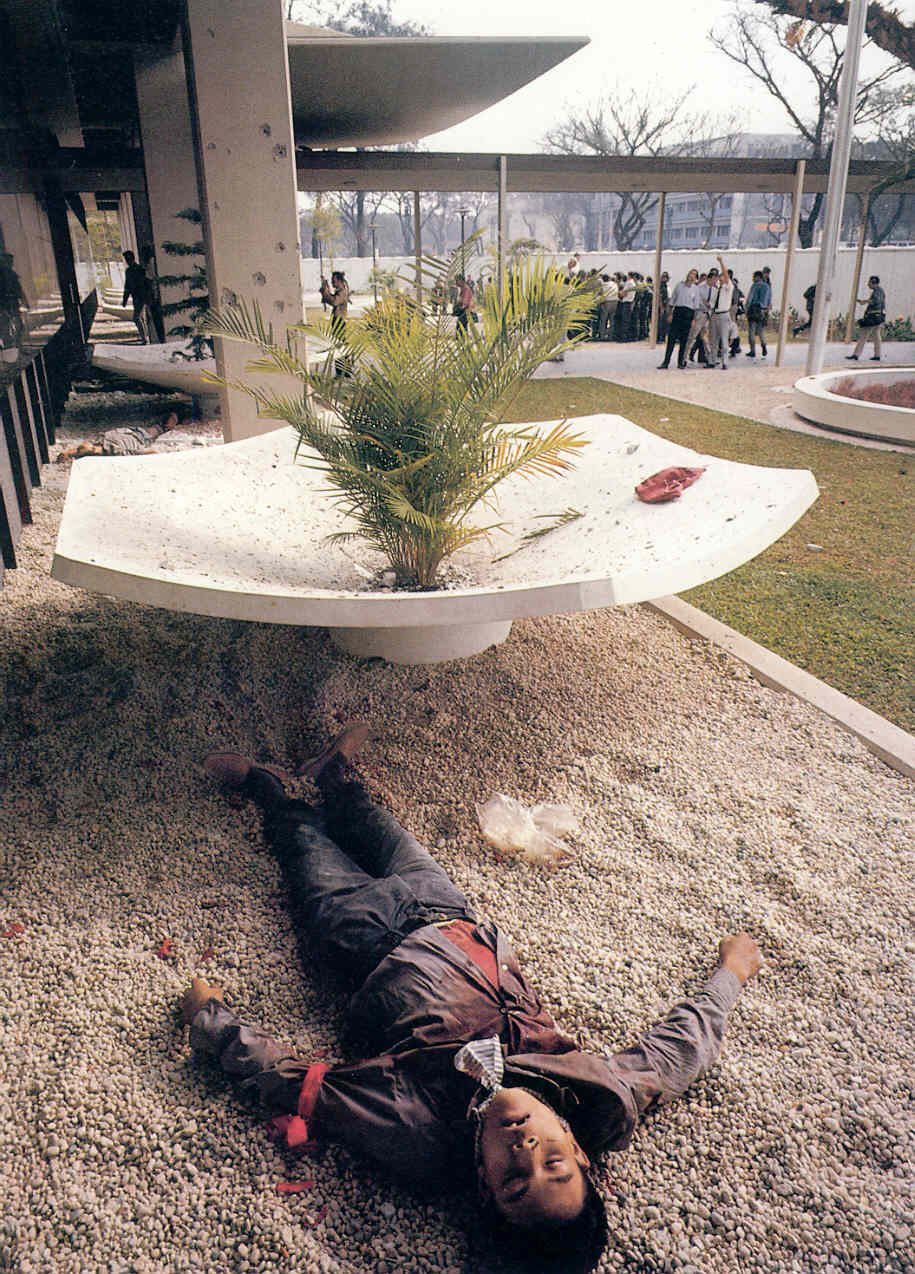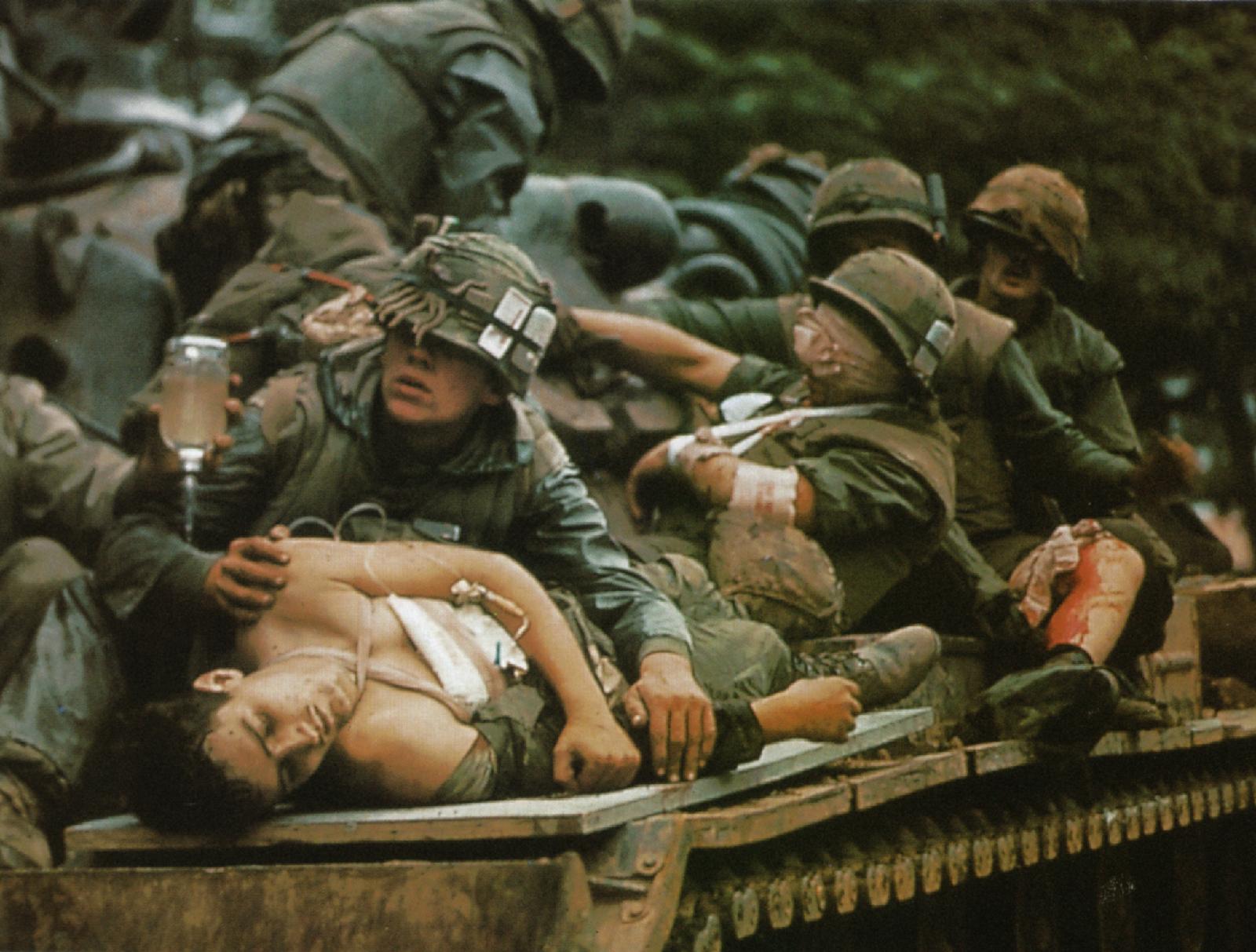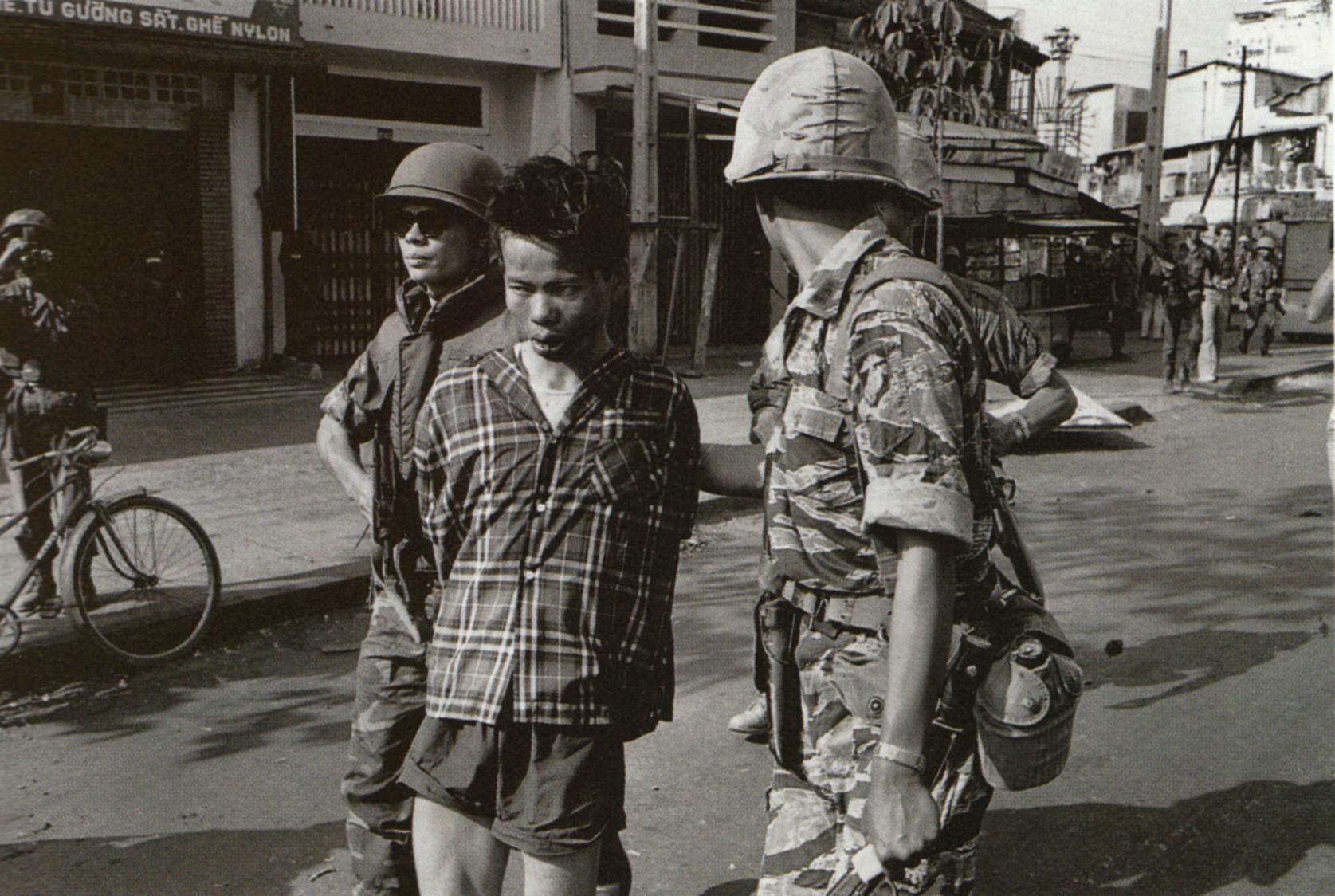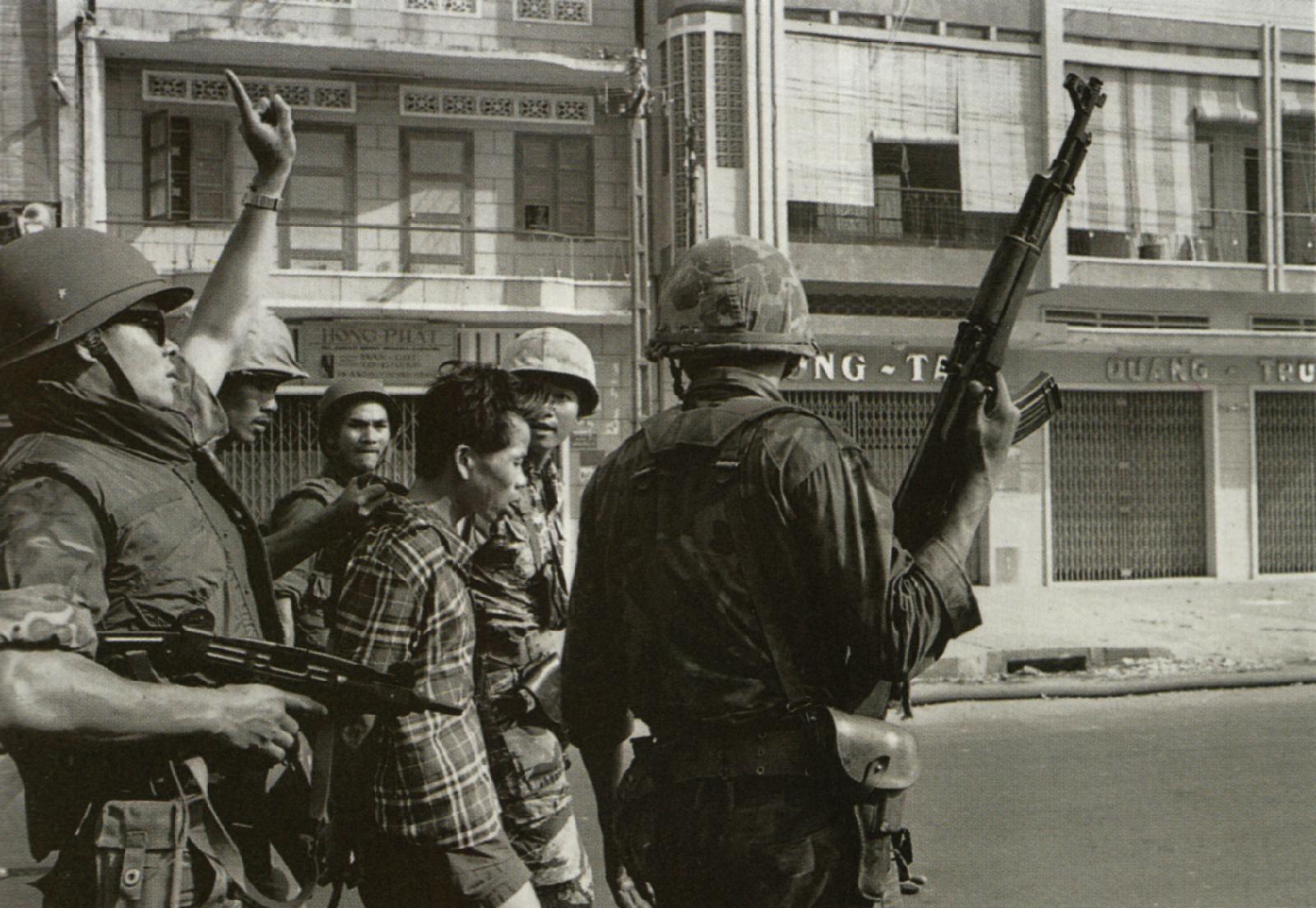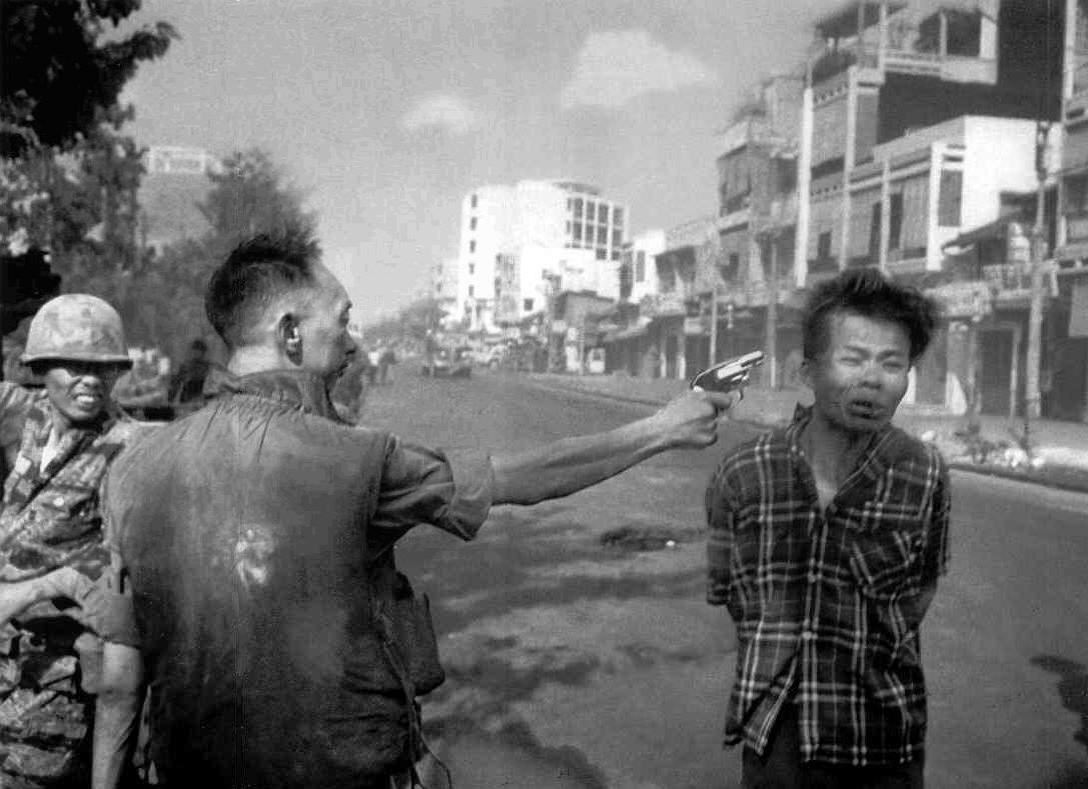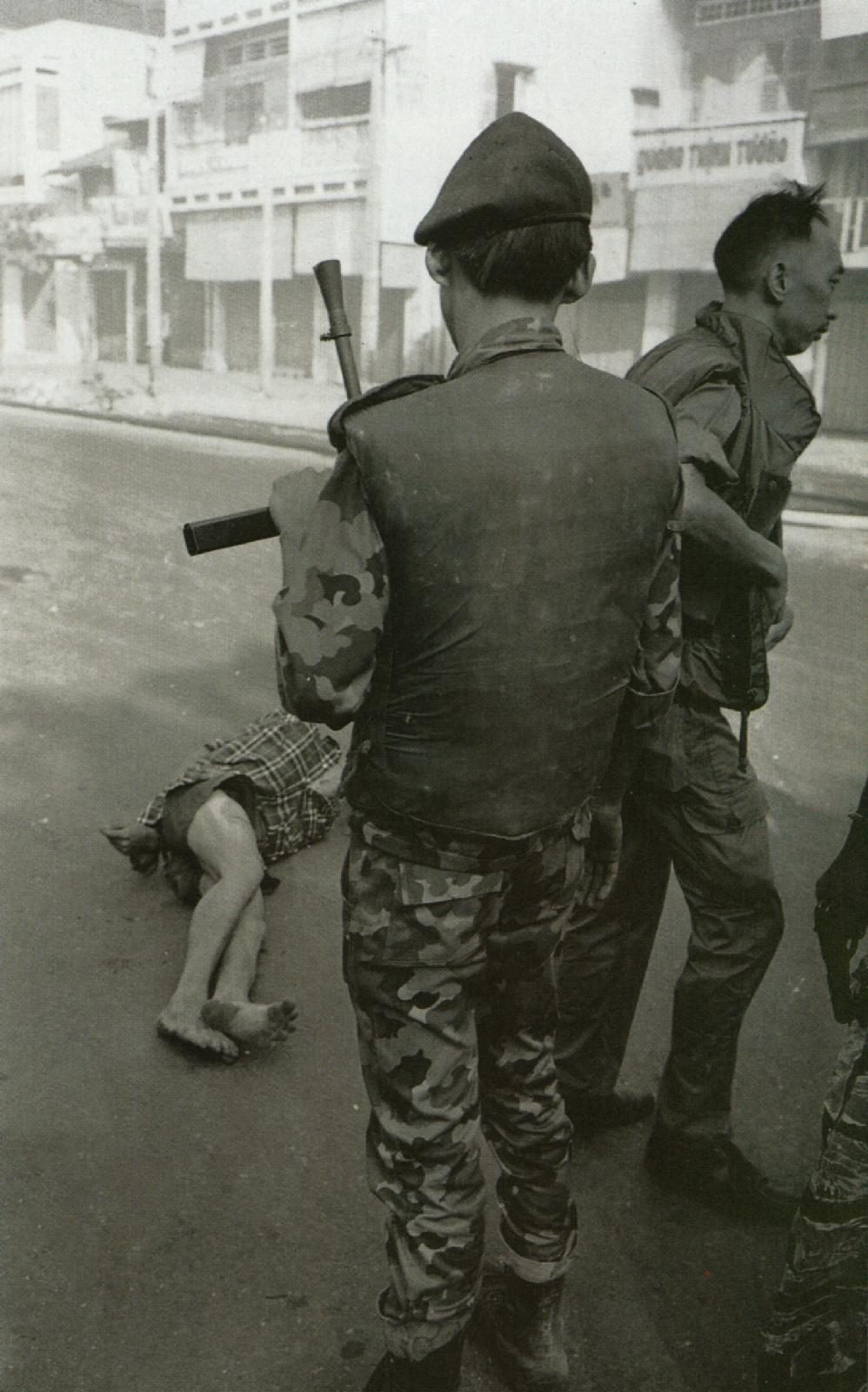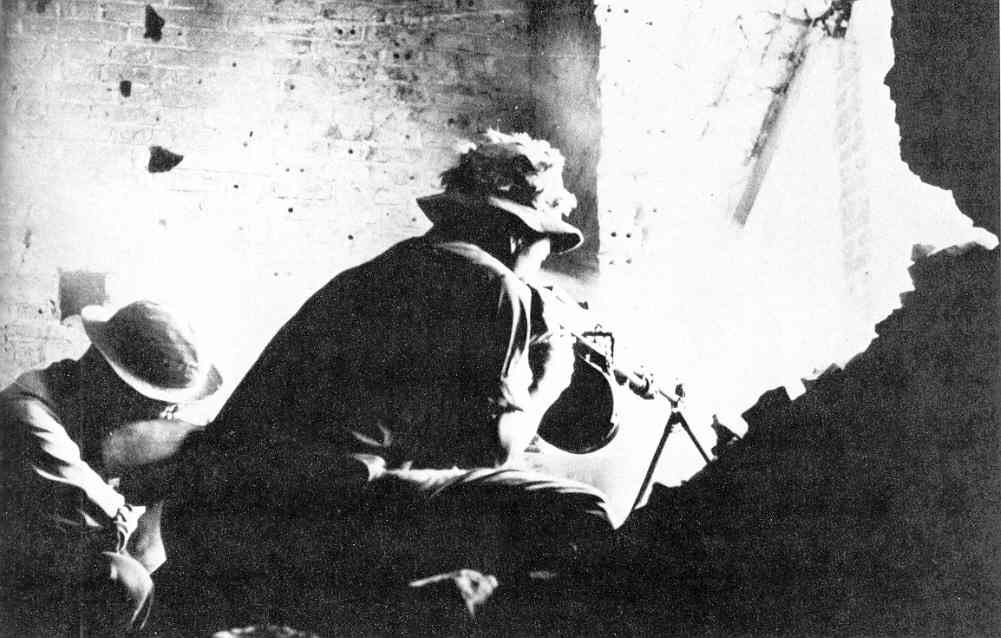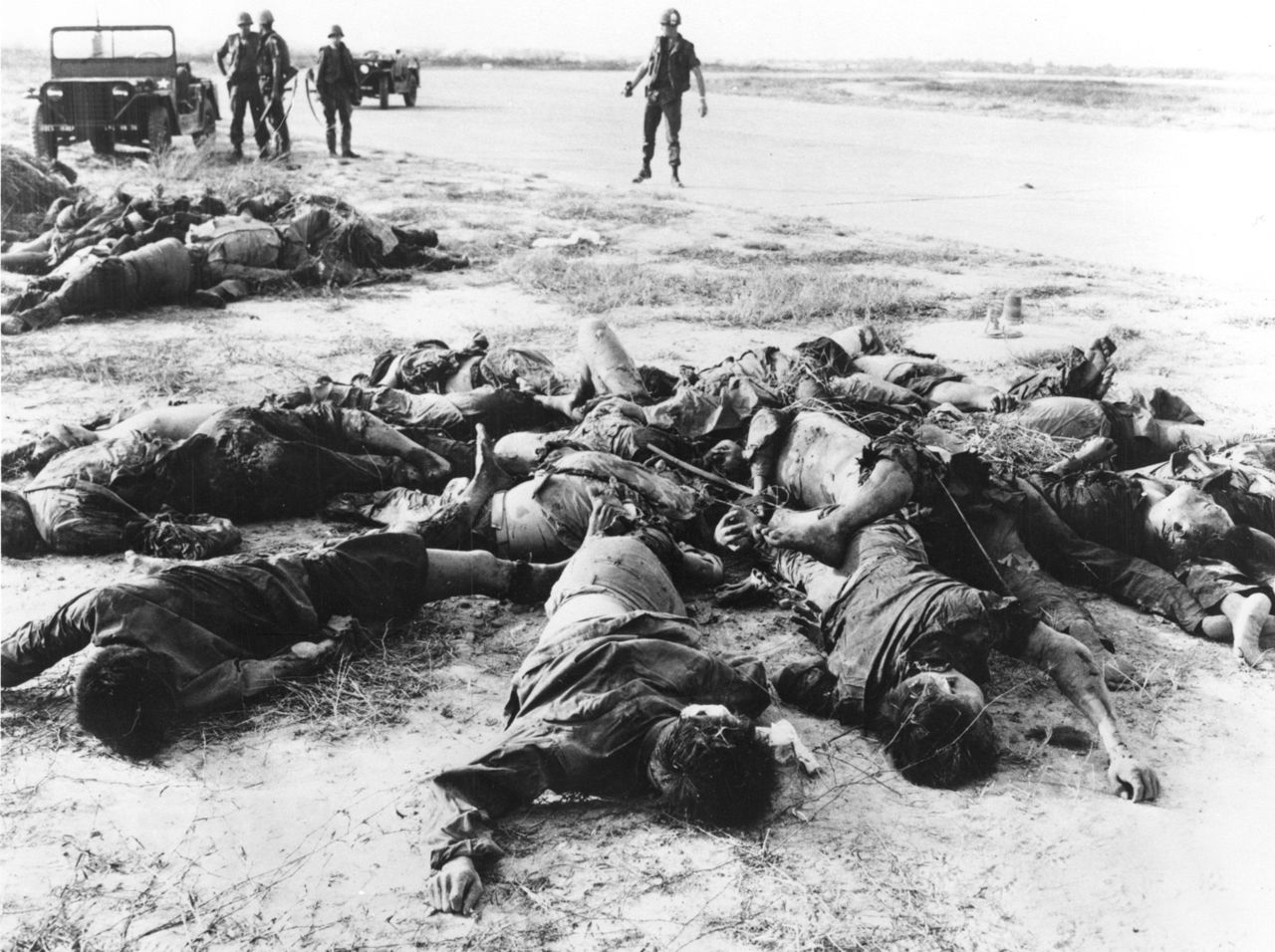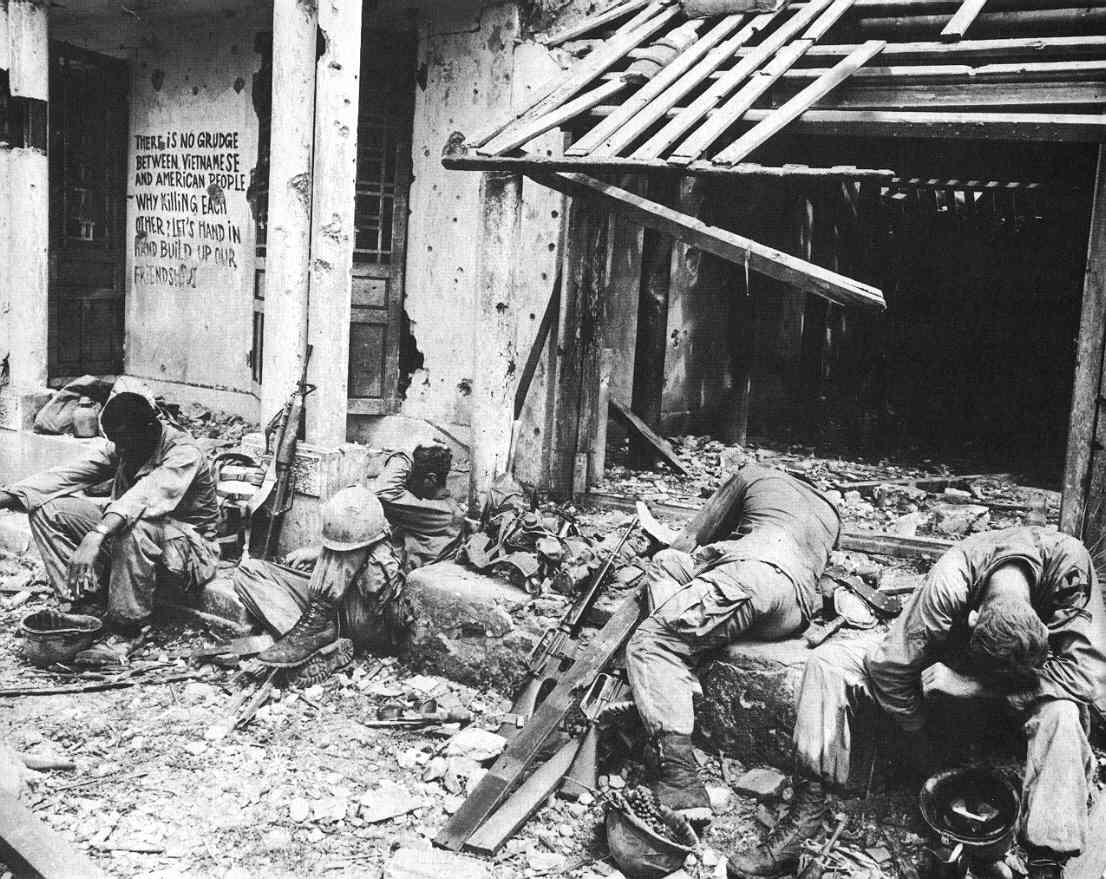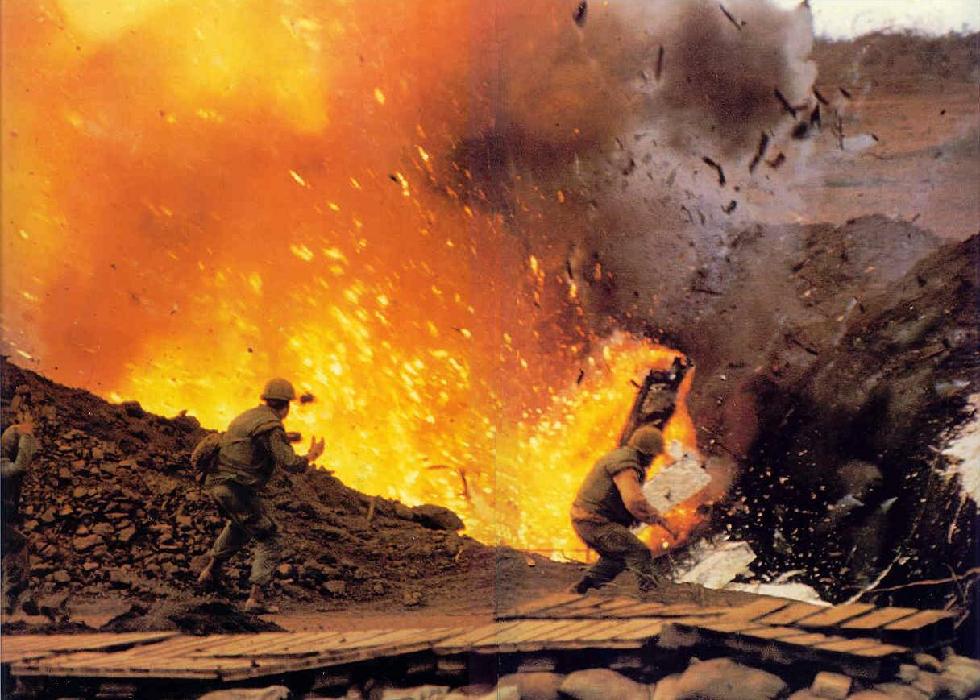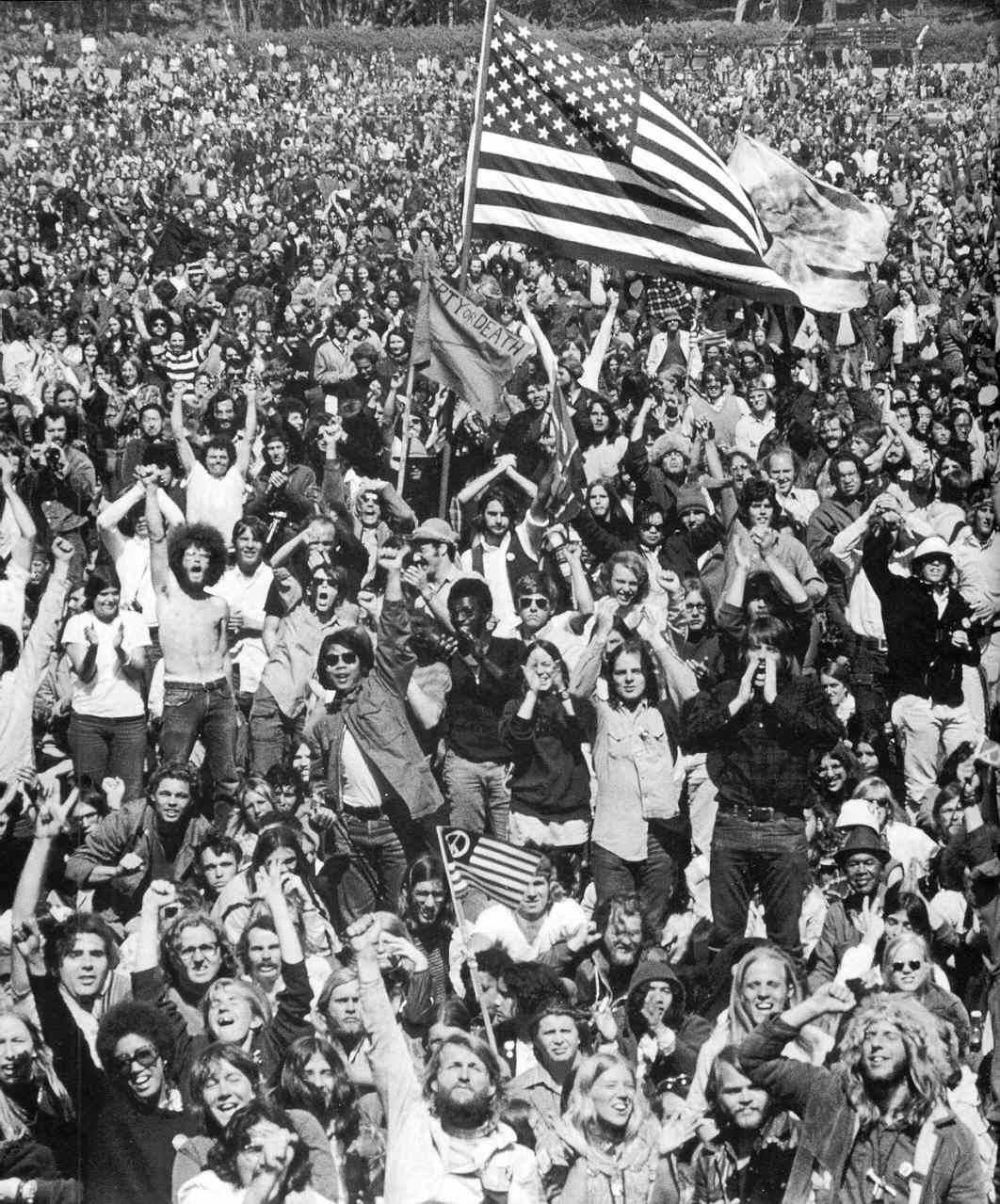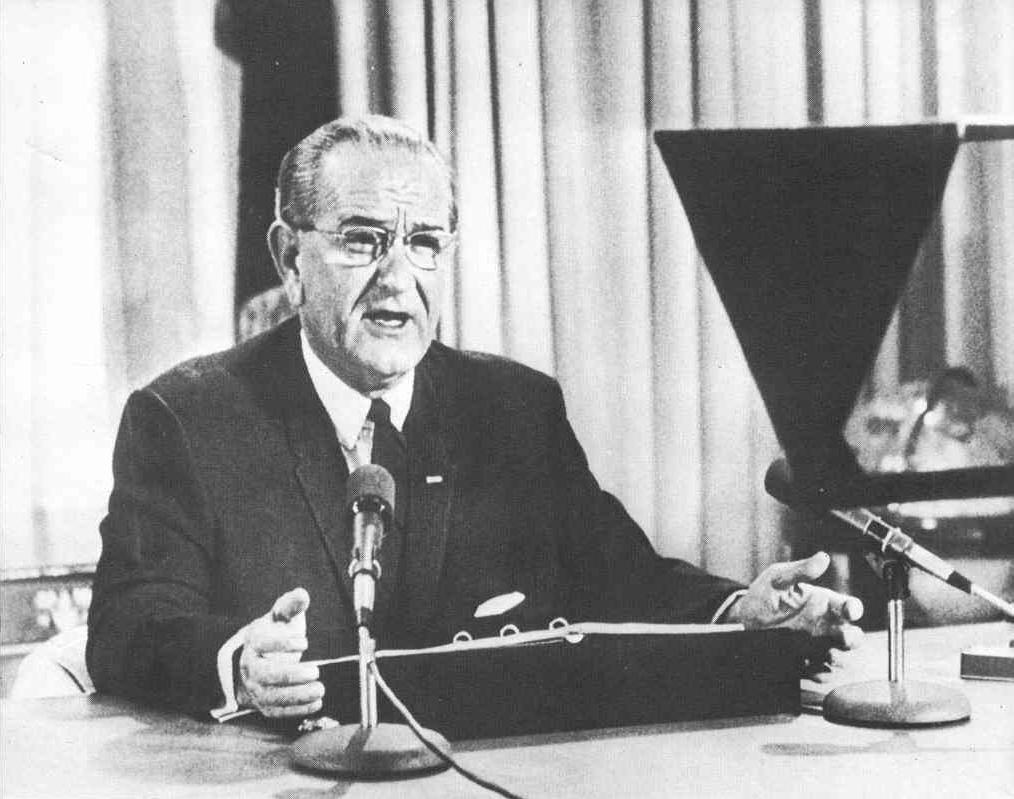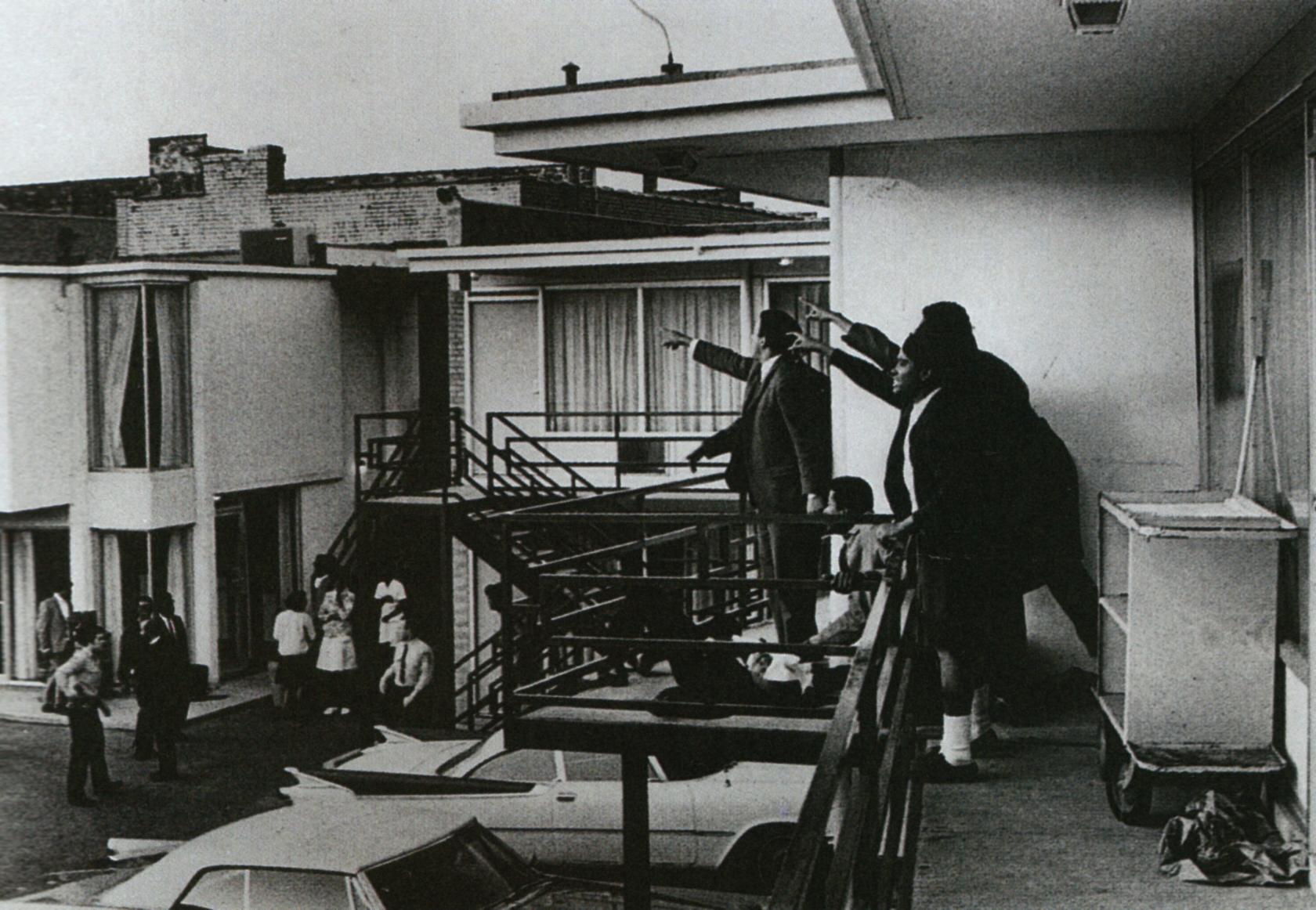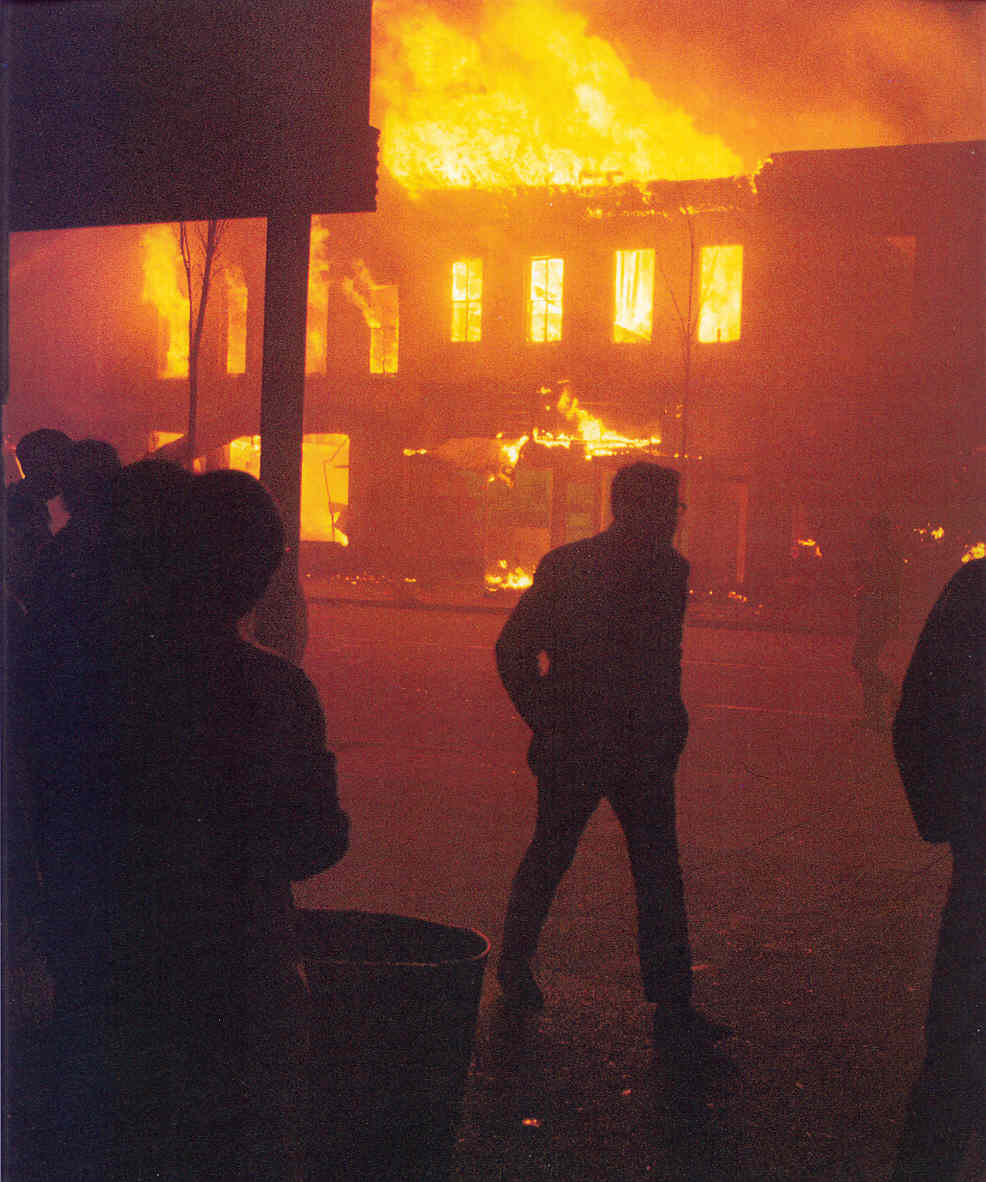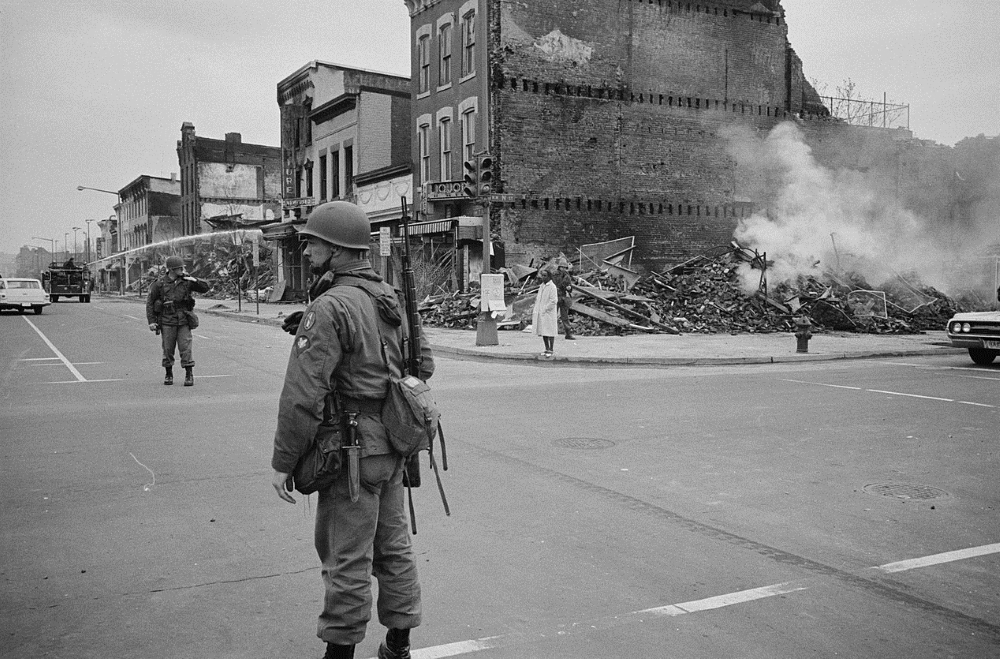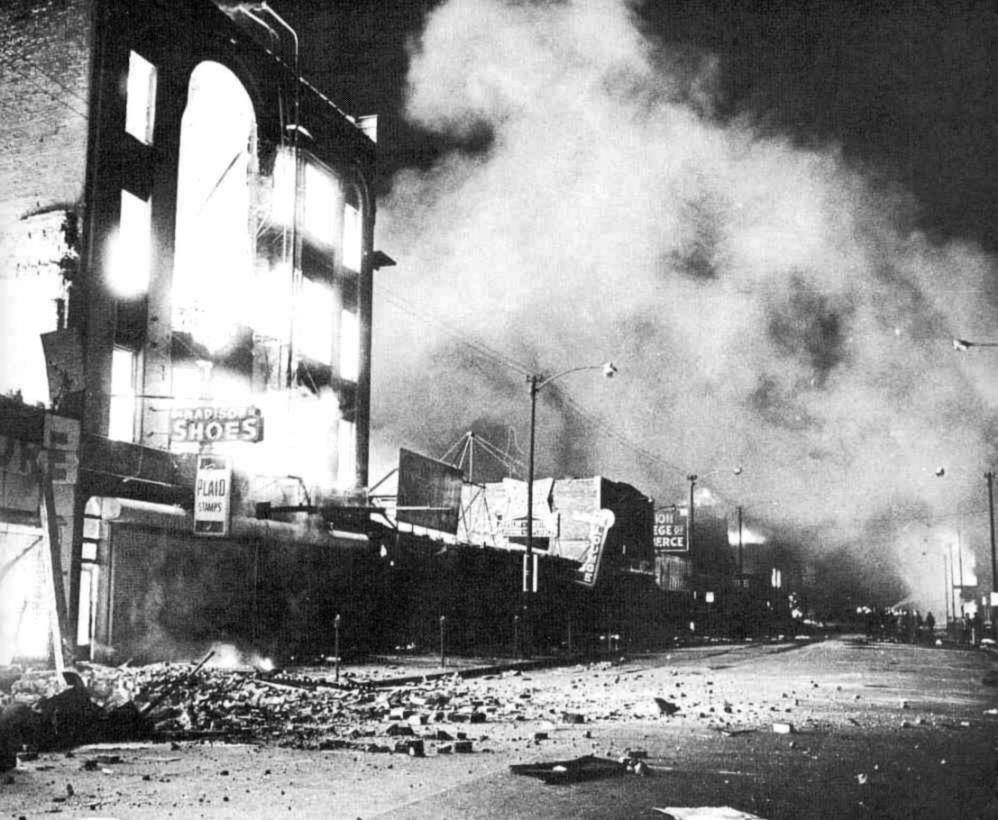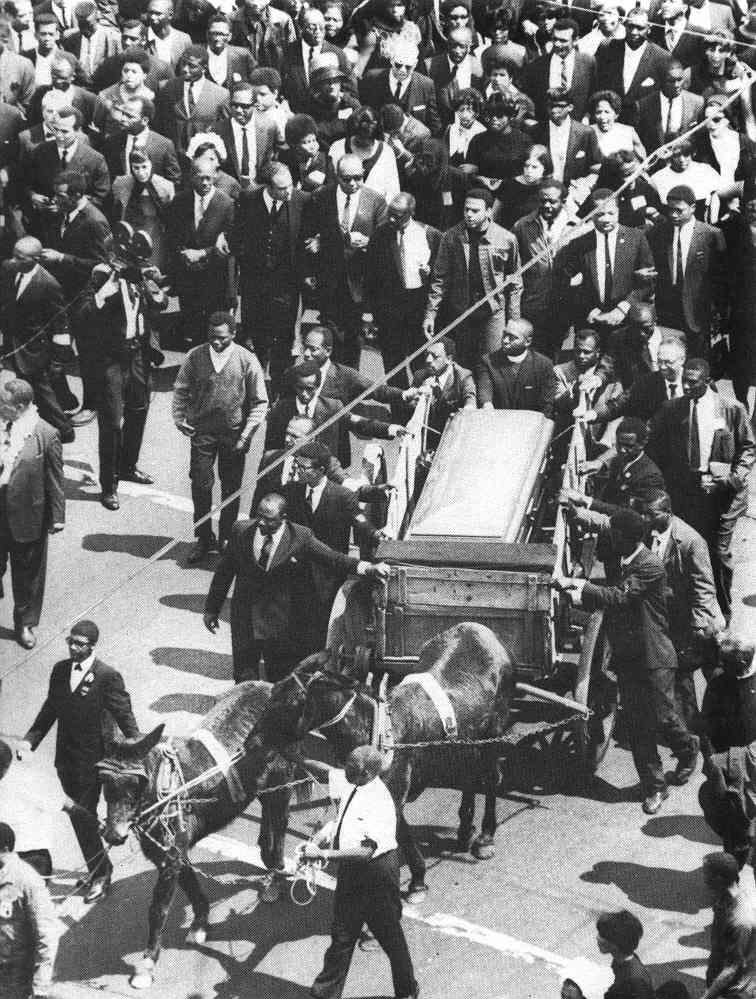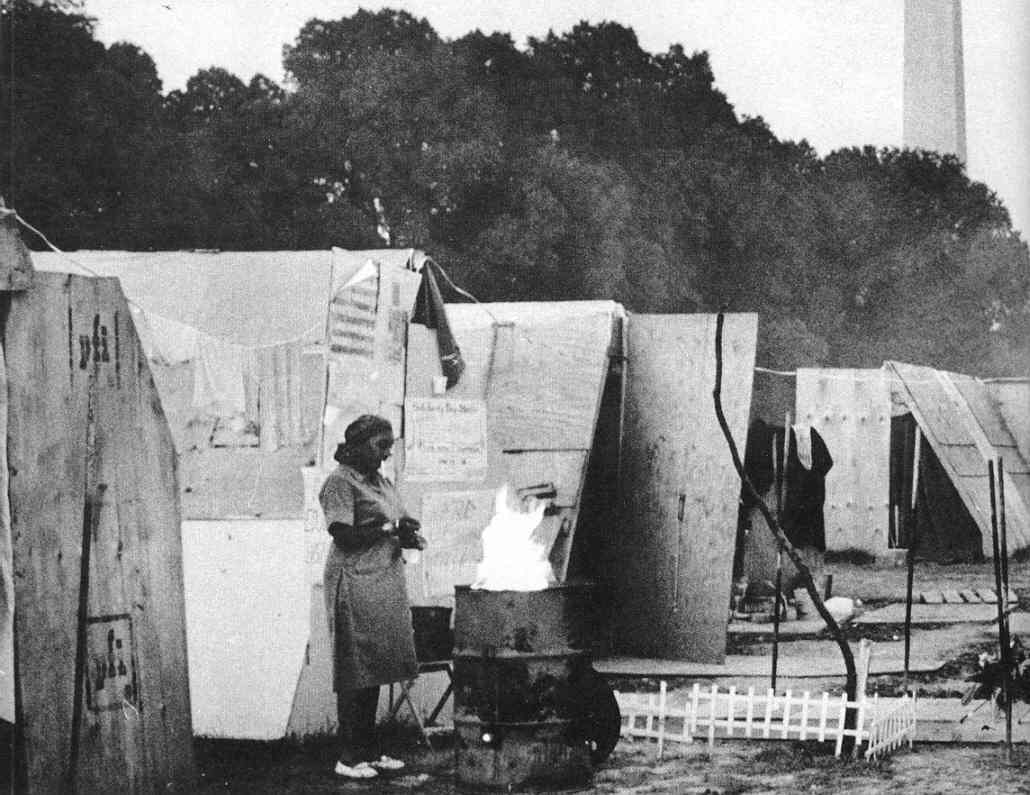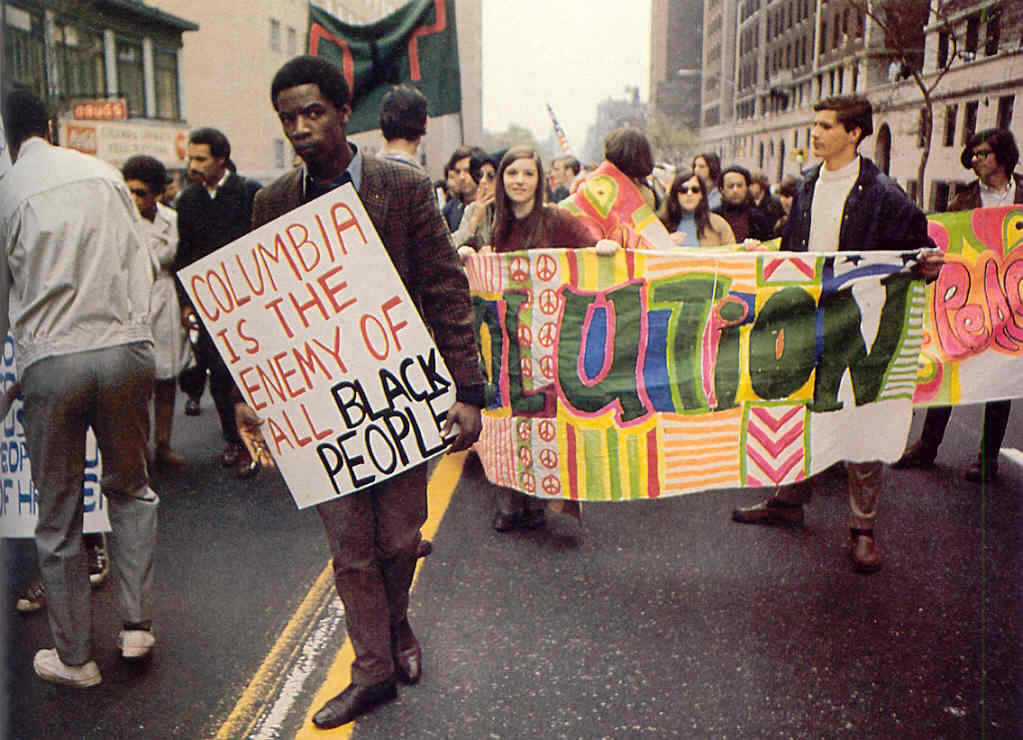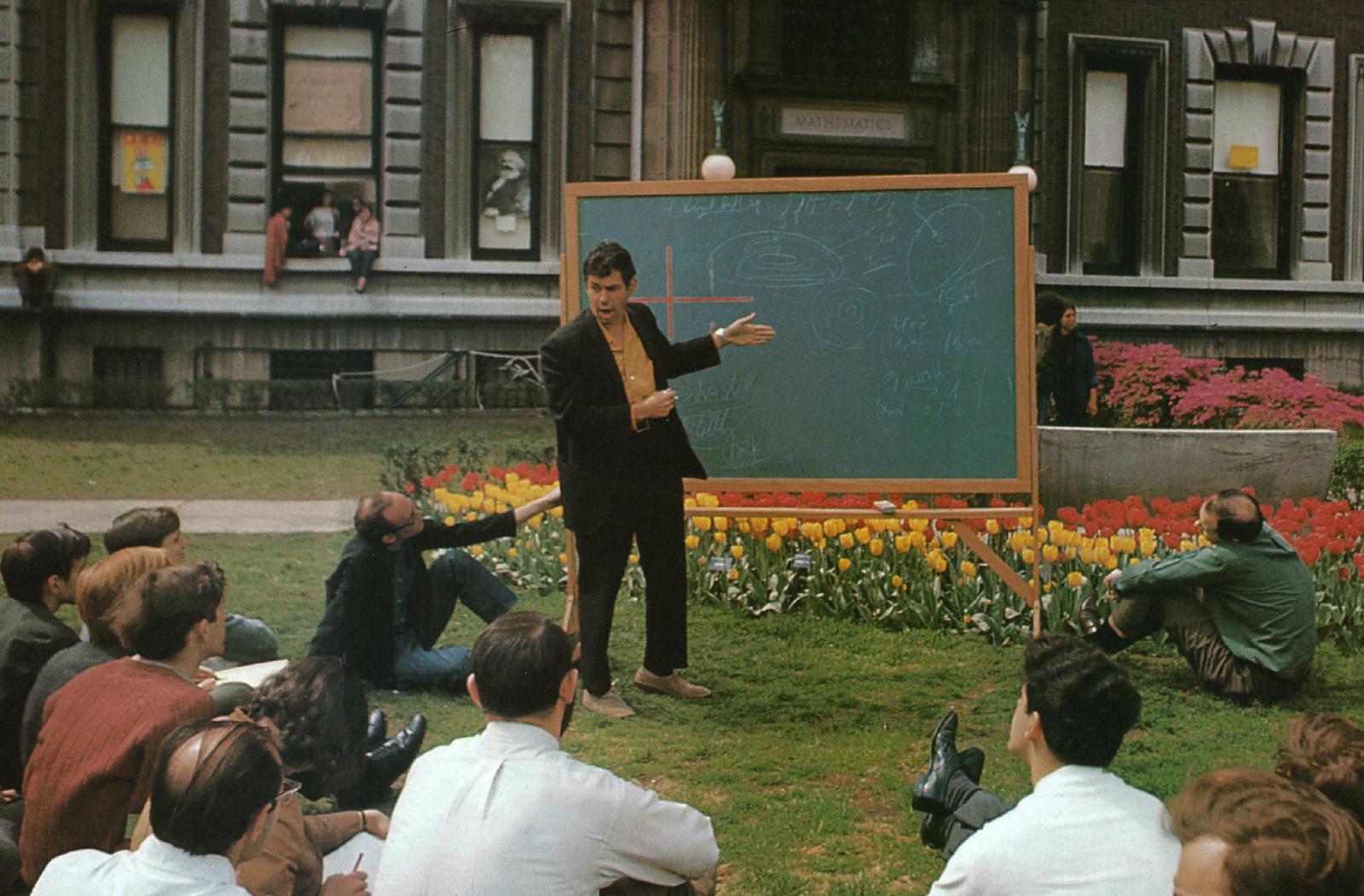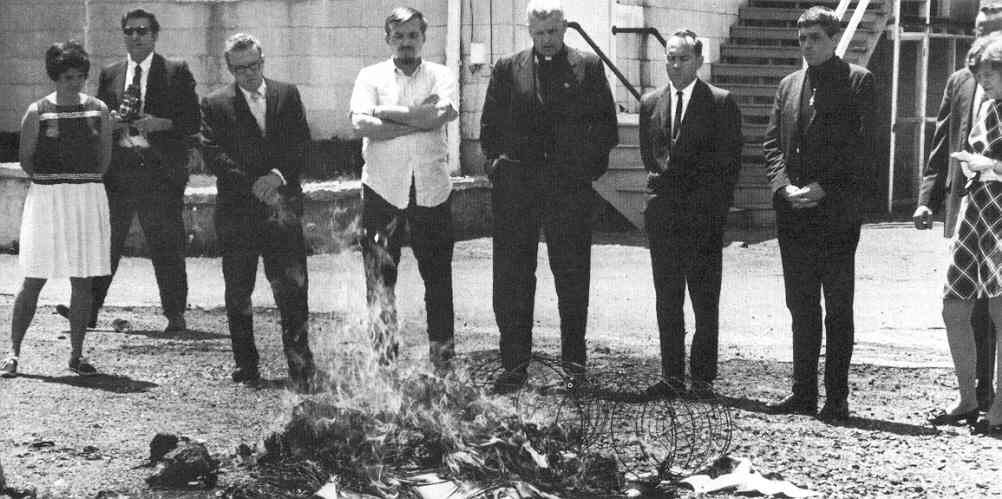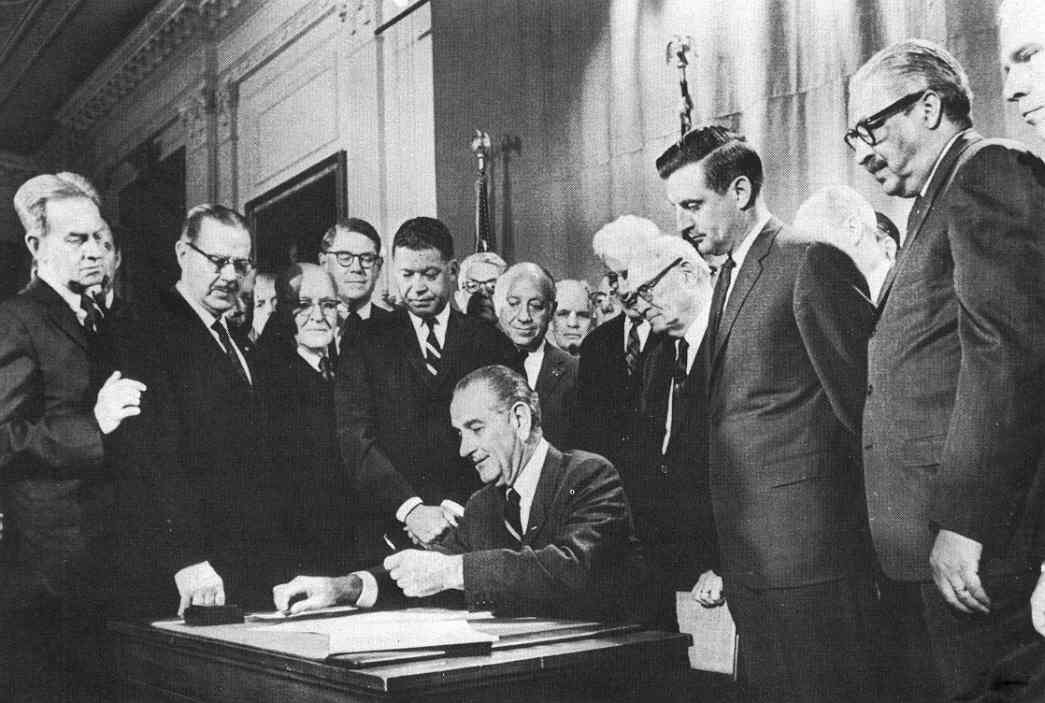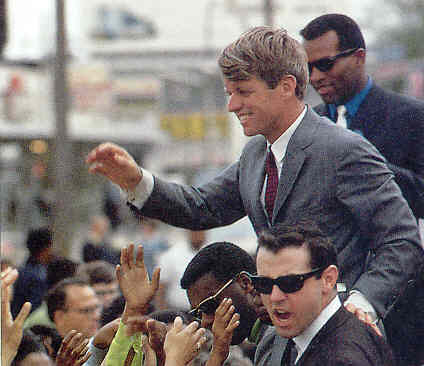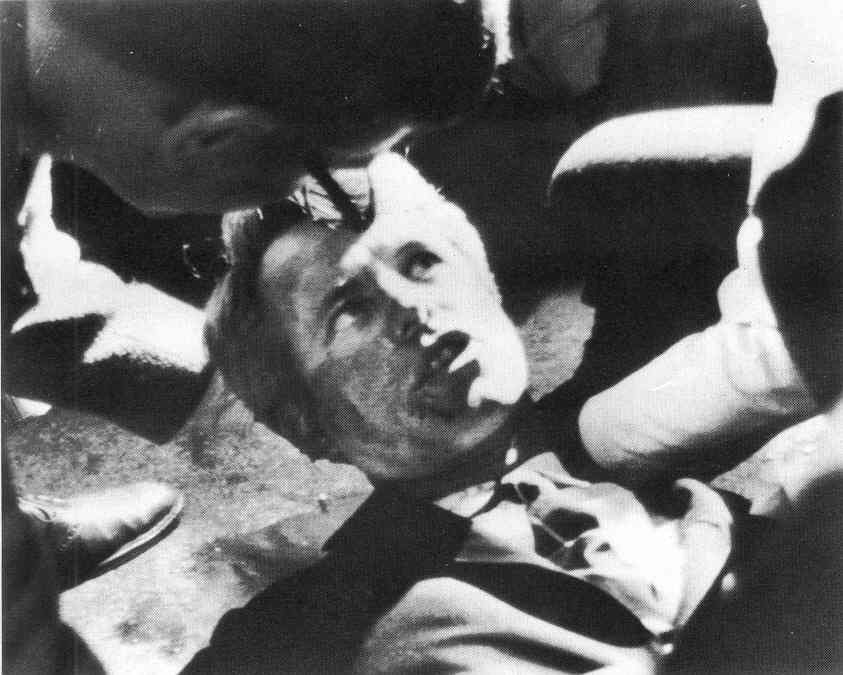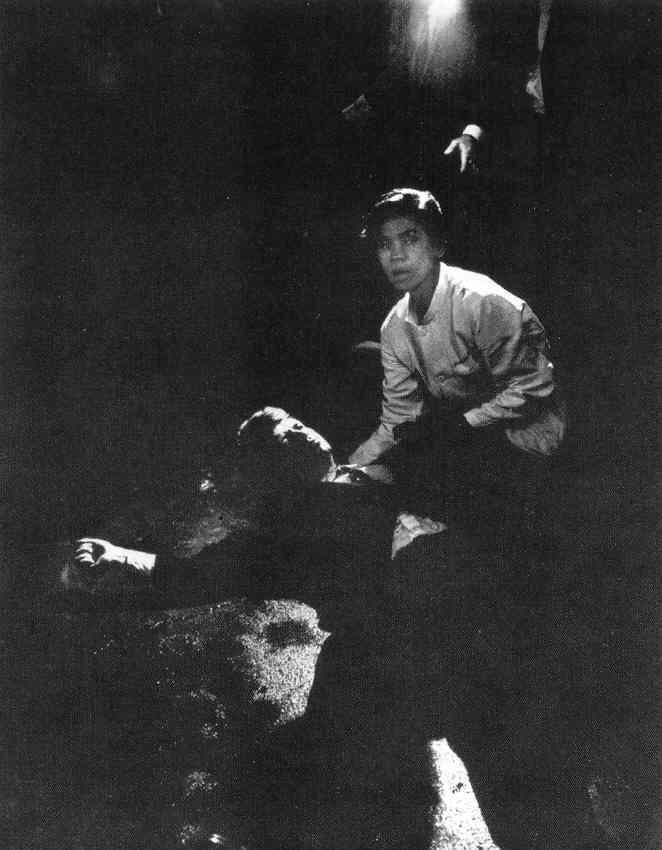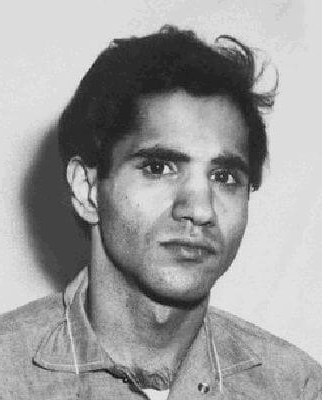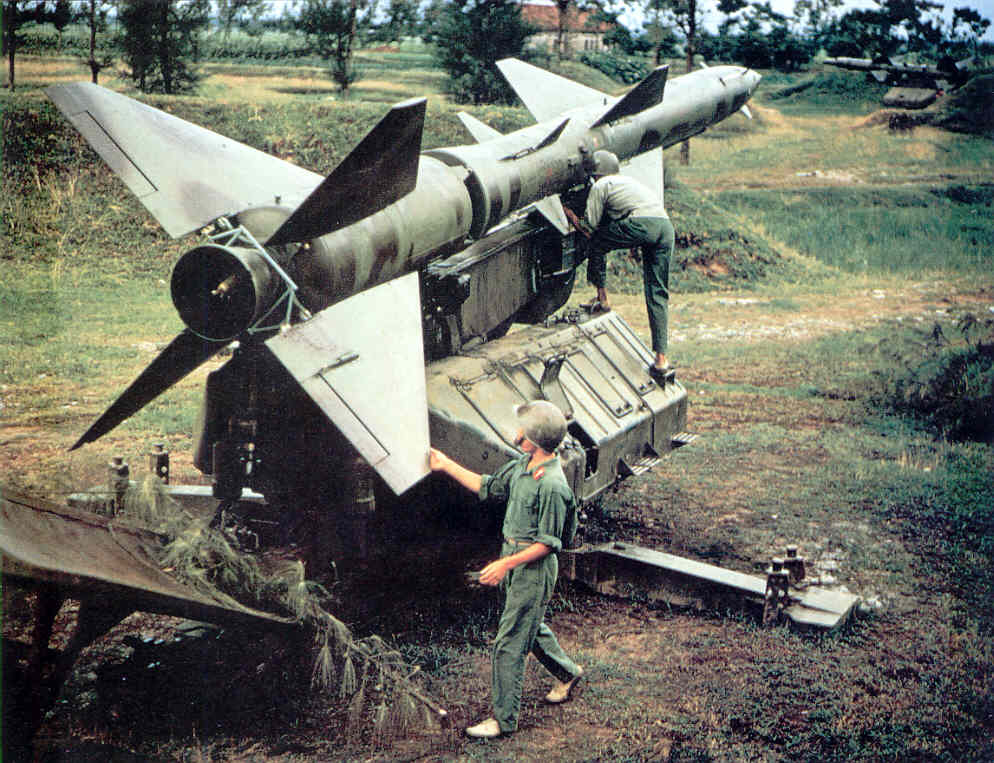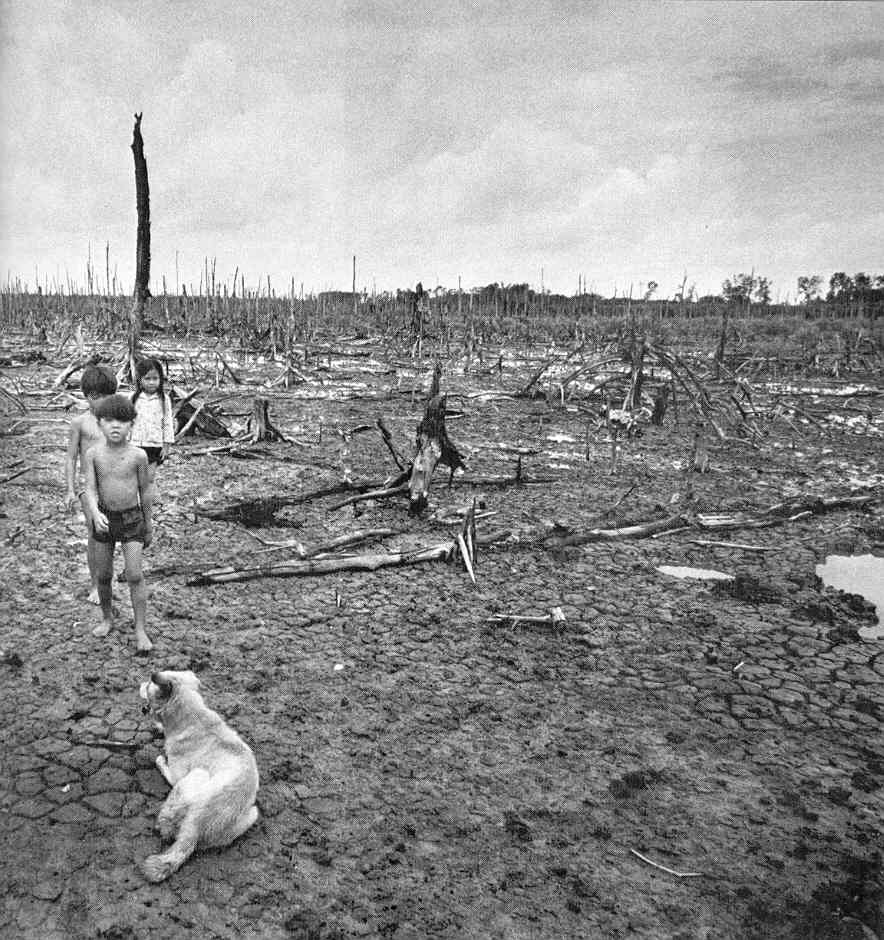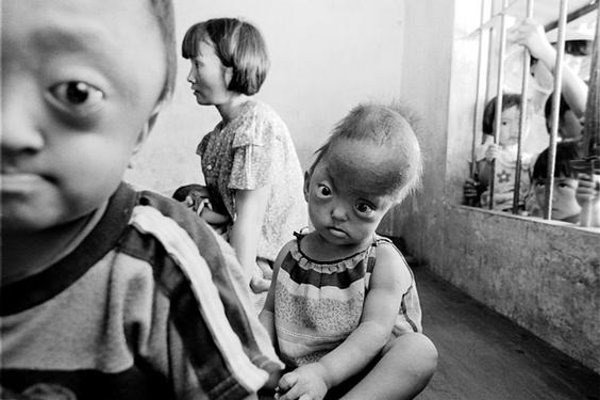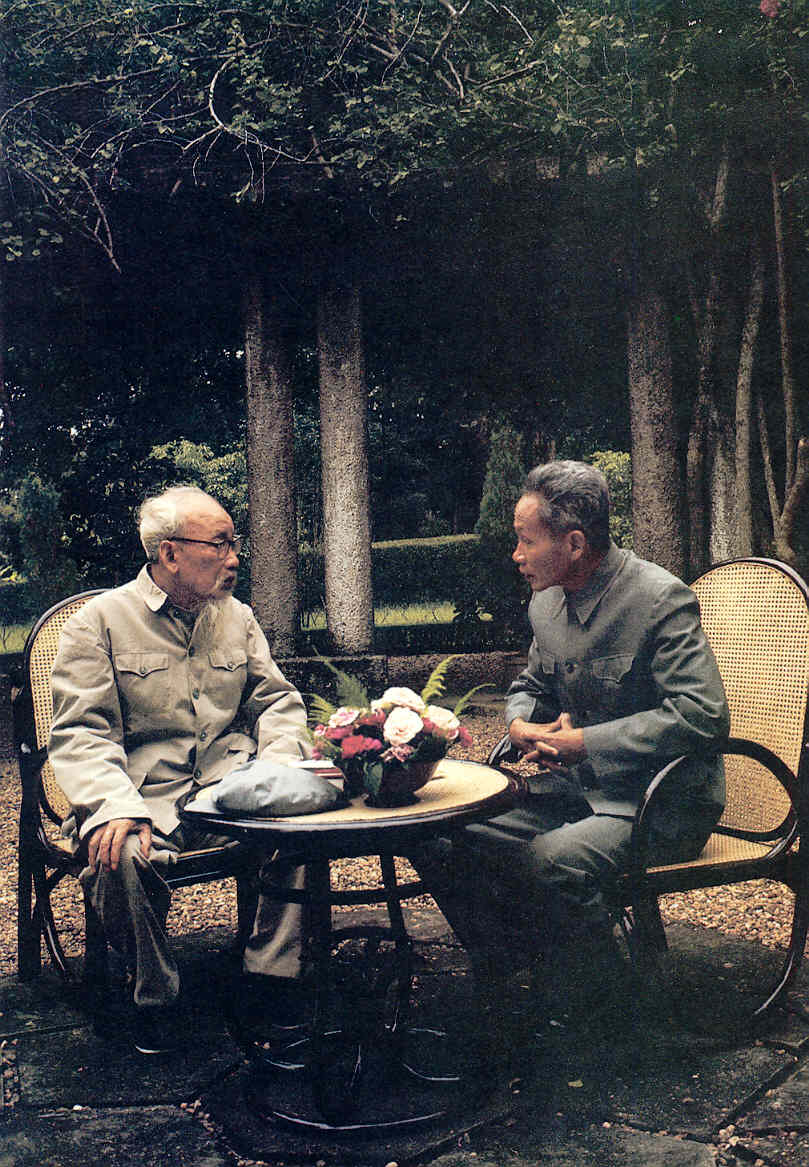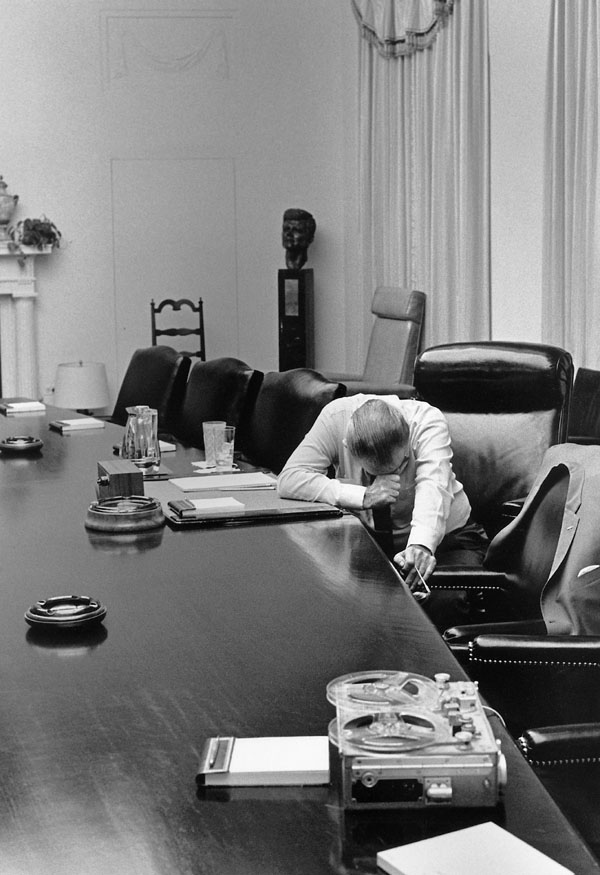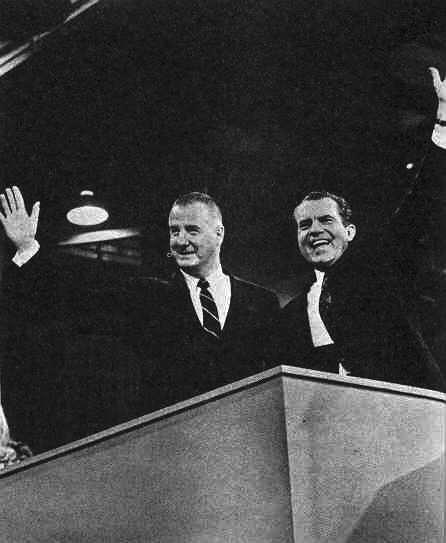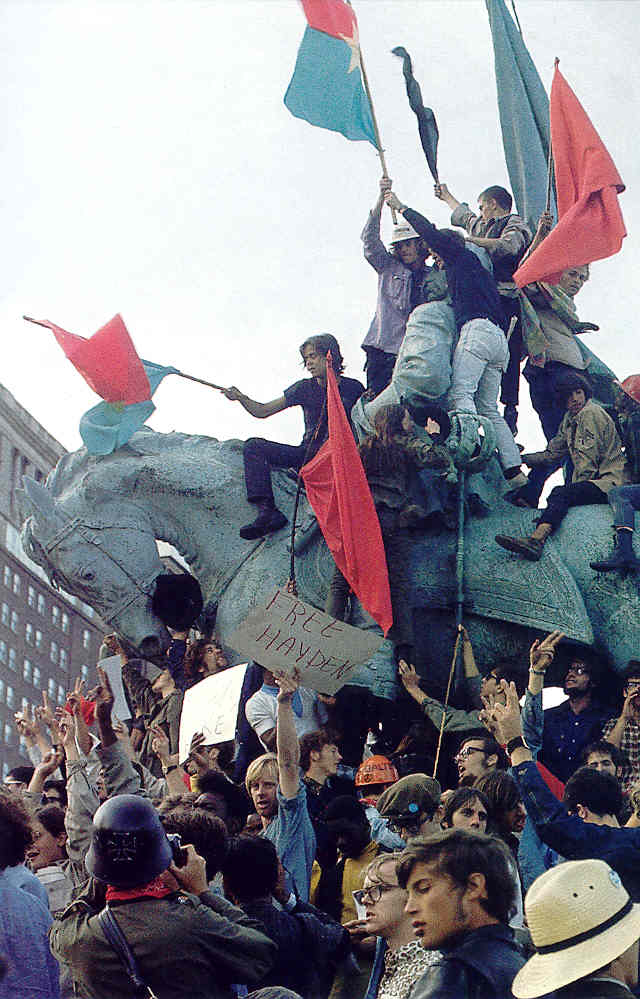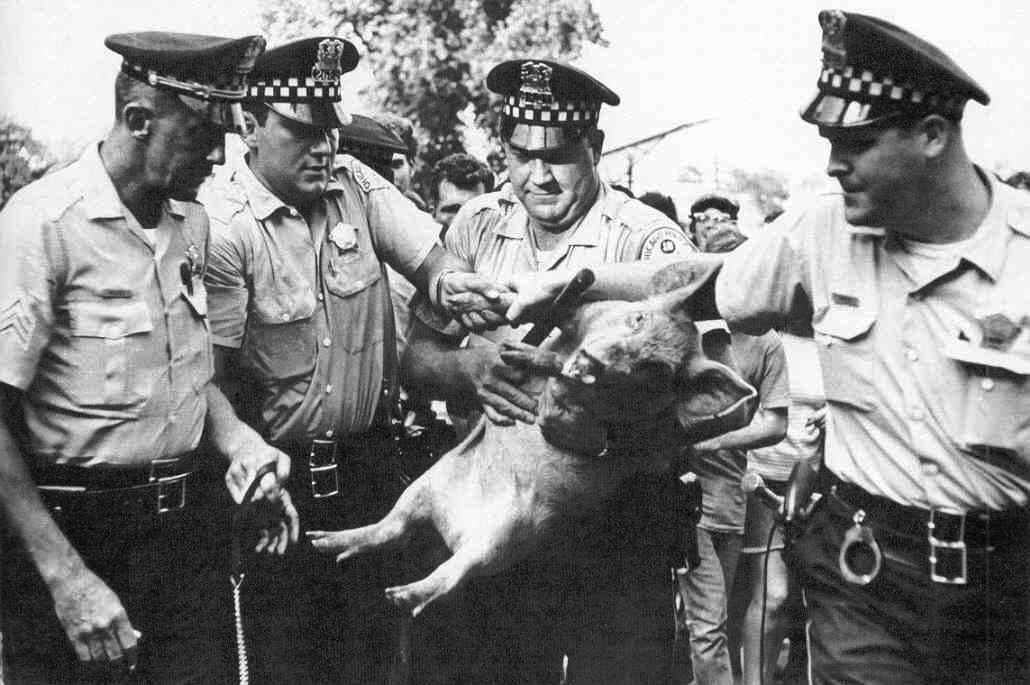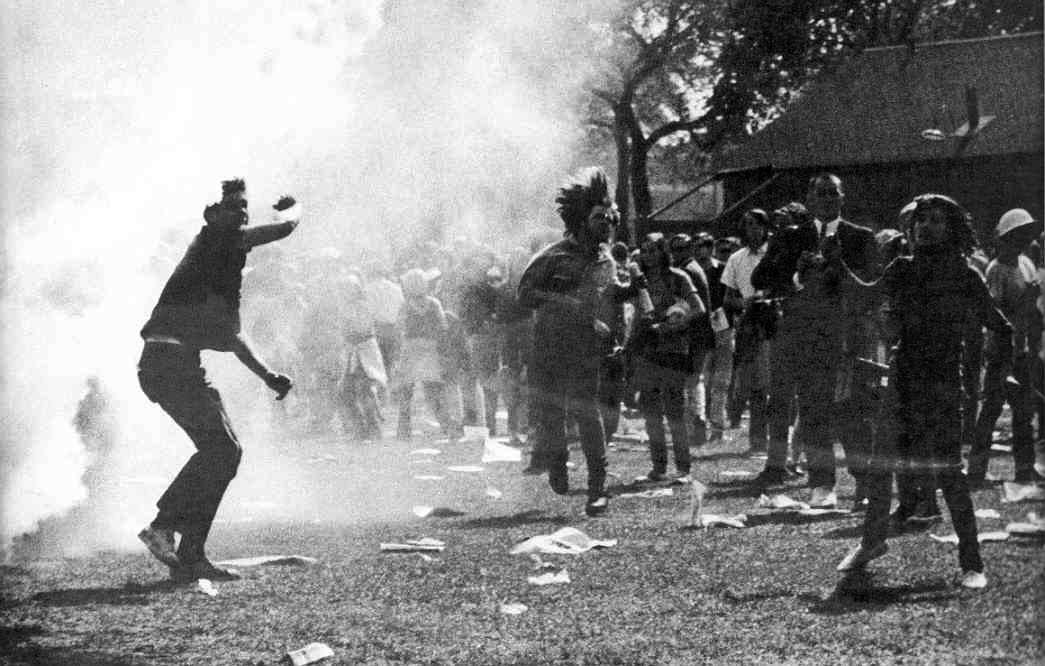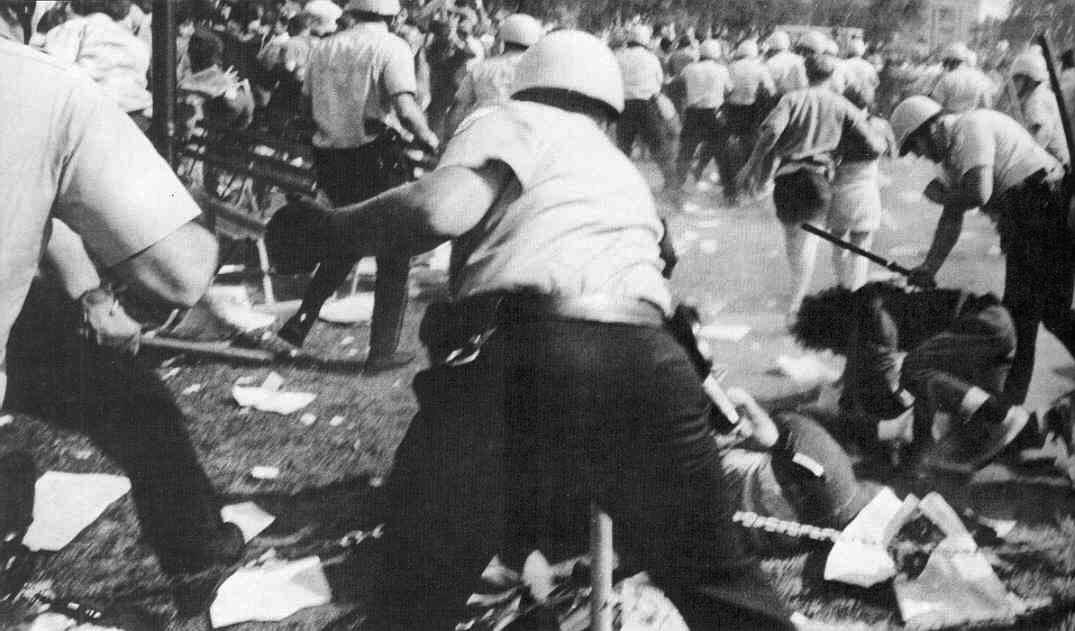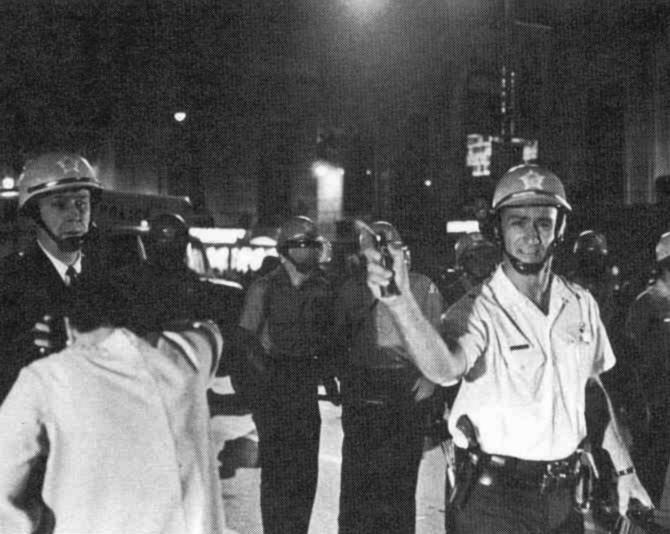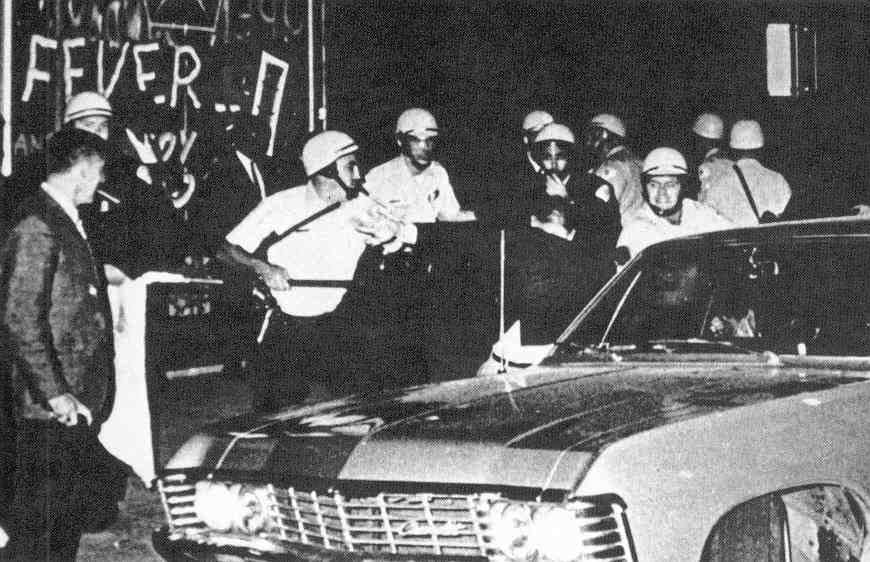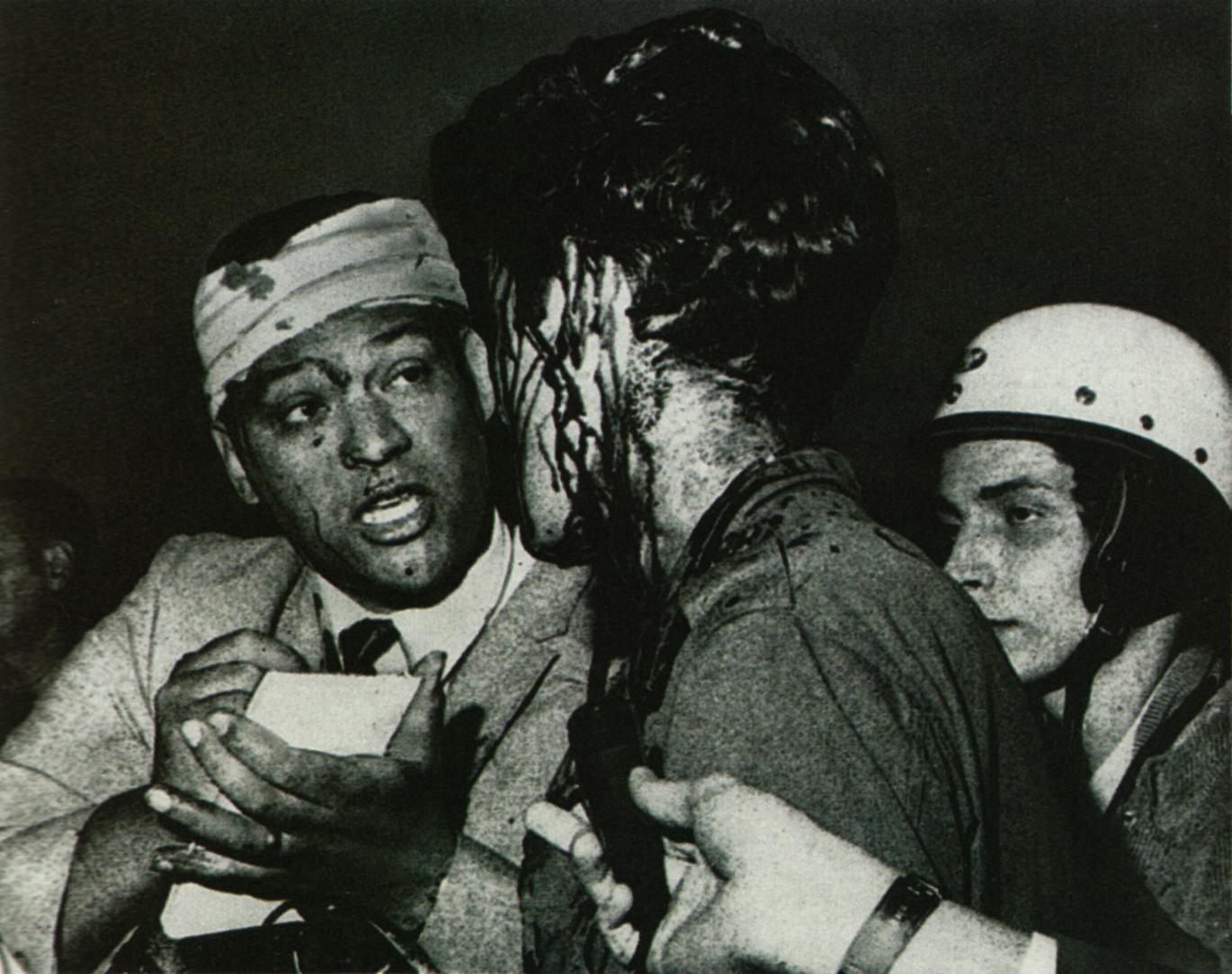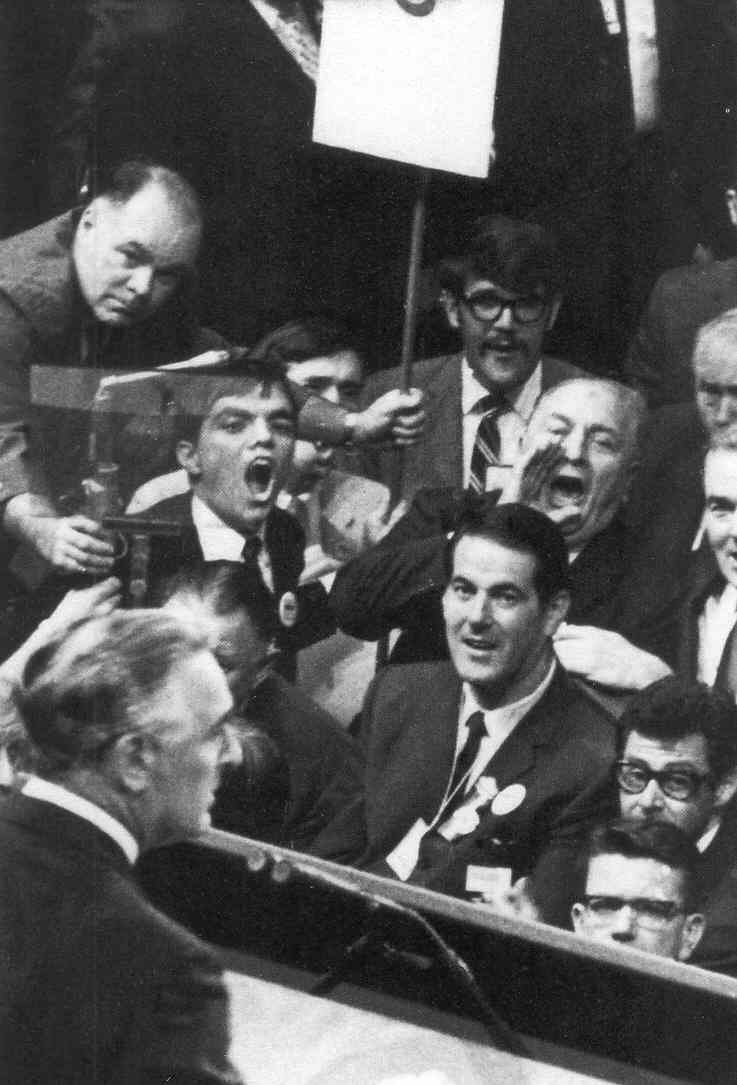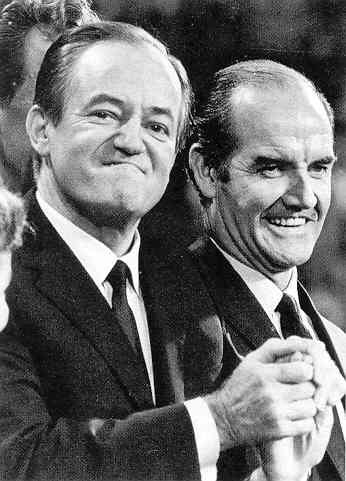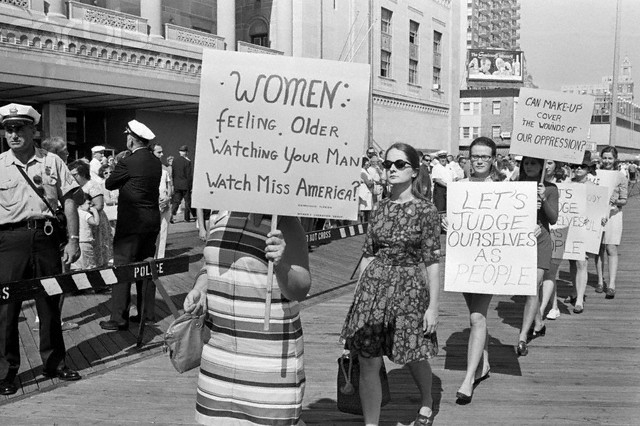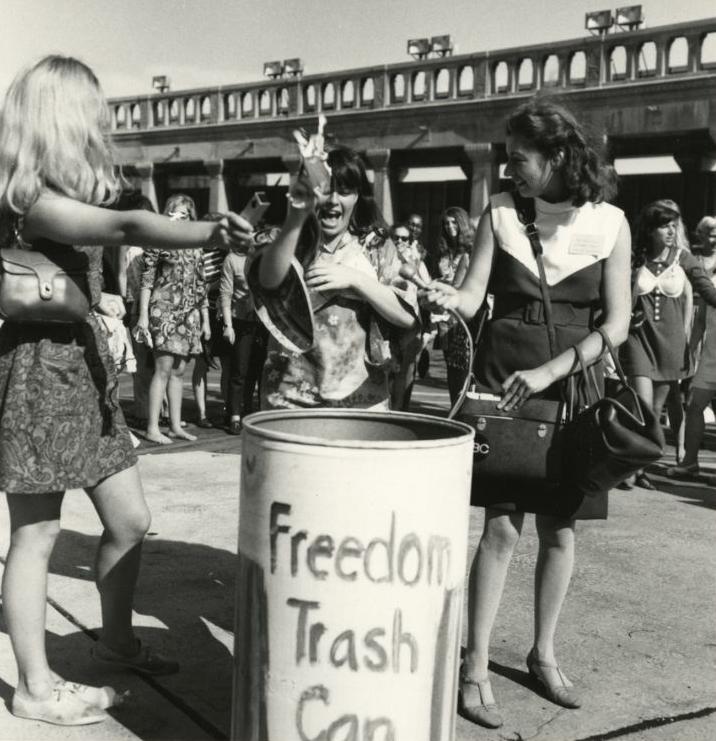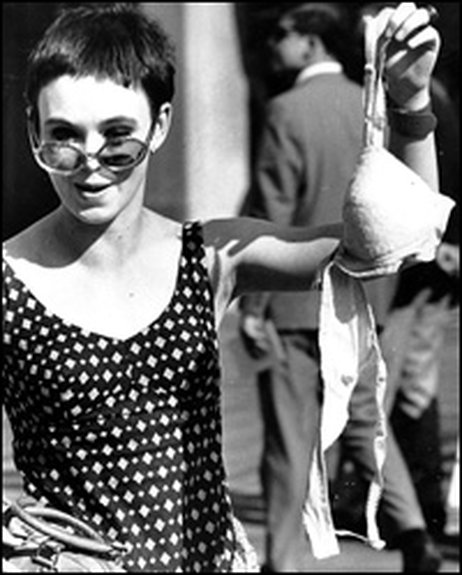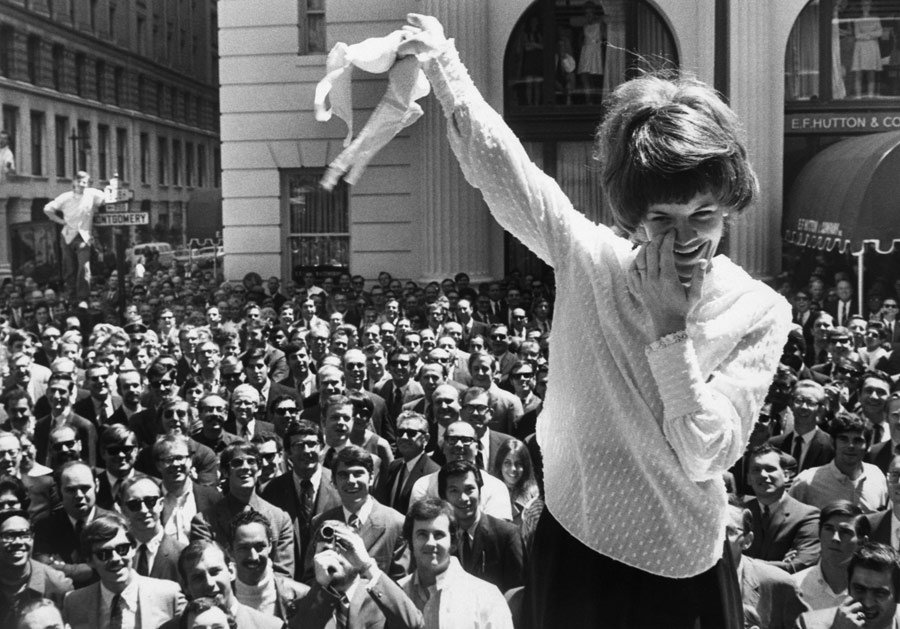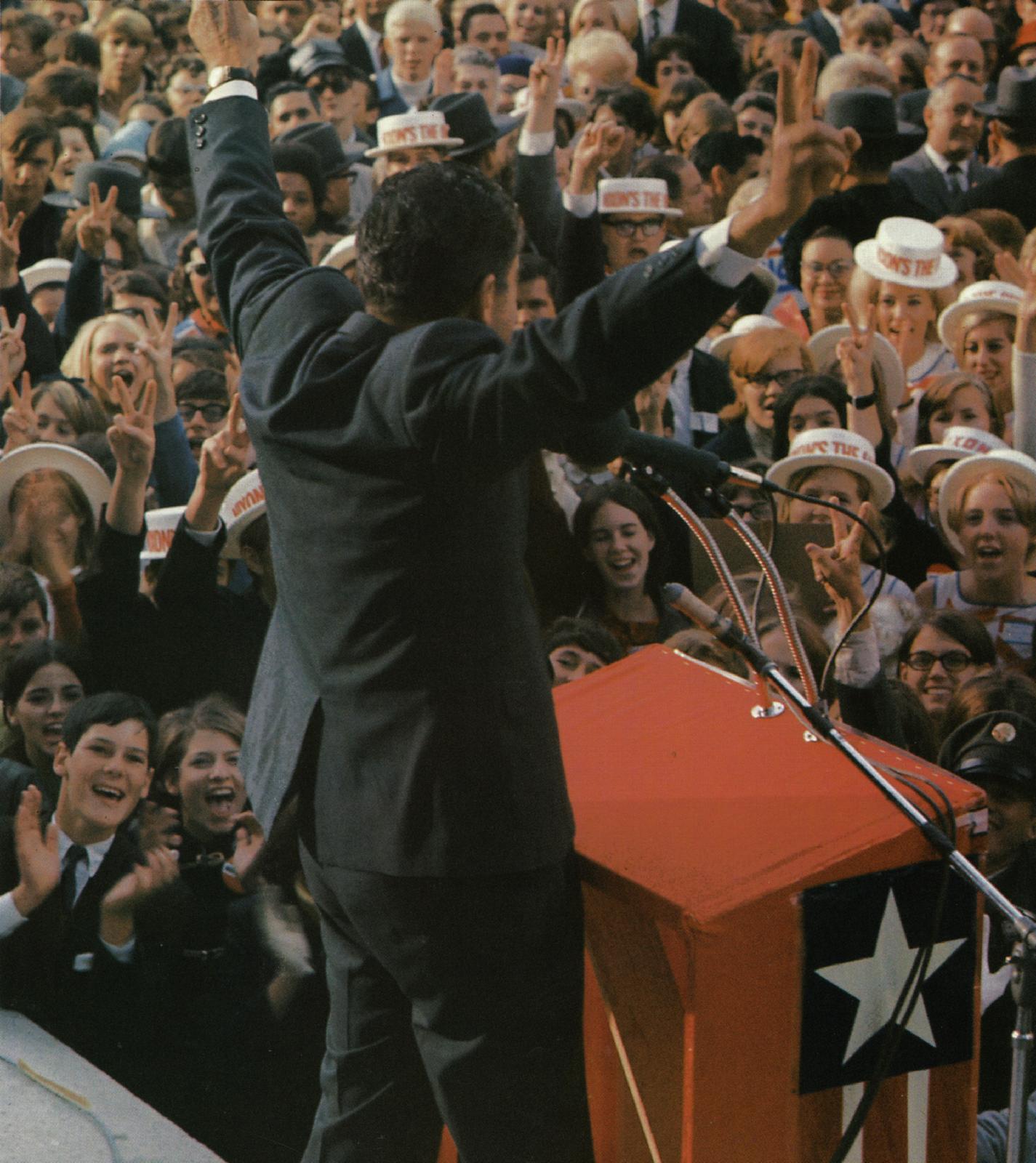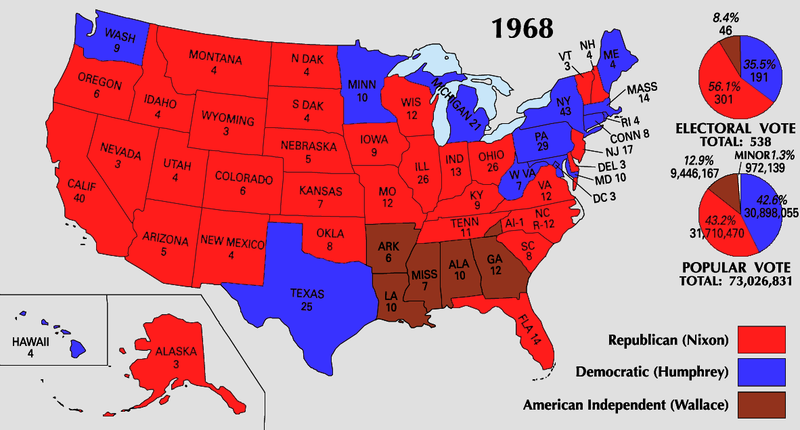22. THE LATER 1960s

1968: A YEAR OF SHOCK

1968: A YEAR OF SHOCK
 The "Tet" uprising in Vietnam – January
The "Tet" uprising in Vietnam – January
 President Johnson announces that he
President Johnson announces that he
will not run again for office – March
 The Rev. Dr. Martin Luther King, Jr. is
The Rev. Dr. Martin Luther King, Jr. is
assassinated – April
 The Boomer revolt against all "fascist"
The Boomer revolt against all "fascist"
adult authority
 The Vietnam War and the revolt against
The Vietnam War and the revolt against
"The Establishment"
 LBJ attempts to respond to these crises
LBJ attempts to respond to these crises
 Bobby Kennedy is assassinated – June
Bobby Kennedy is assassinated – June
 The situation grows darker in Vietnam
The situation grows darker in Vietnam
 The Republican and Democratic Party
The Republican and Democratic Party
Conventions – August
 Feminism joins the protest movement ...
Feminism joins the protest movement ...
against being mere "sex objects" for
males
 The National election – November
The National election – November
The textual material on this webpage is drawn directly from my work
America – The Covenant Nation © 2021, Volume Two, pages 205-208.
THE "TET" UPRISING IN VIETNAM – JANUARY |
|
"Tet" (January-February) 1968 started out with a massive shock erupting in Vietnam. Communist Viet Cong fighters suddenly seemed to be invading every American stronghold in Vietnam. Even the supposedly very safe South Vietnamese capital, Saigon, found itself fighting viciously in its own streets to avoid being overrun. Viet Cong even got inside the American embassy compound and killed American marine guards there, all of it displayed graphically on the American TV evening news. Americans were shocked because the pictures they saw seemed to contrast so sharply with the assurances of Johnson's government that America had been making good progress in the War. Actually, this was not exactly a falsehood. The Vietnamese Communists were themselves becoming quite exhausted. And thus they undertook this actually rather desperate all-or-nothing assault on the American position in Vietnam in order to finally collapse a faltering American will – before their own broke. And indeed, the well-planned but risky Communist uprising was met with such a stiff response that it almost delivered a mortal blow to the Vietnamese Communists. But that part of the story was unknown to the American press and therefore could not be shown on the evening news. Quite visibly to Americans, the assurances of the military that all had been progressing nicely in Vietnam now appeared to be a terrible coverup of the truth, a monumental lie. If the Vietcong could do that well, America was hardly winning the war in Vietnam. Thus, as the Boomers suspected, the voice of Washington was not to be trusted.
|
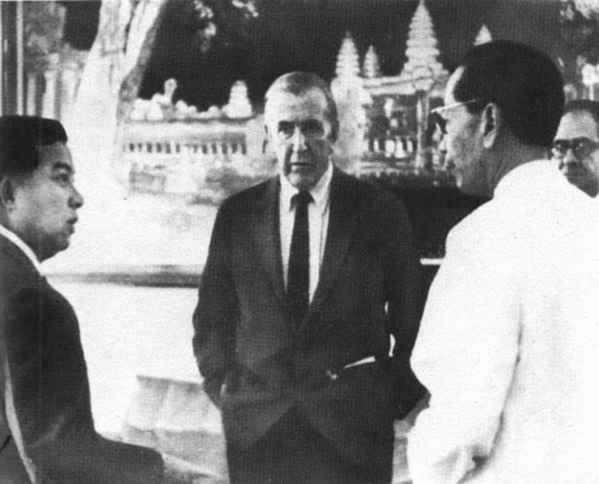
US envoy Chester Bowles
meets with Cambodian King Norodom Sihanouk (left) and Premier Son Sann concerning
Communists' use of neutral Cambodia to move men and supplies
south in support of the Viet Cong – January 1968
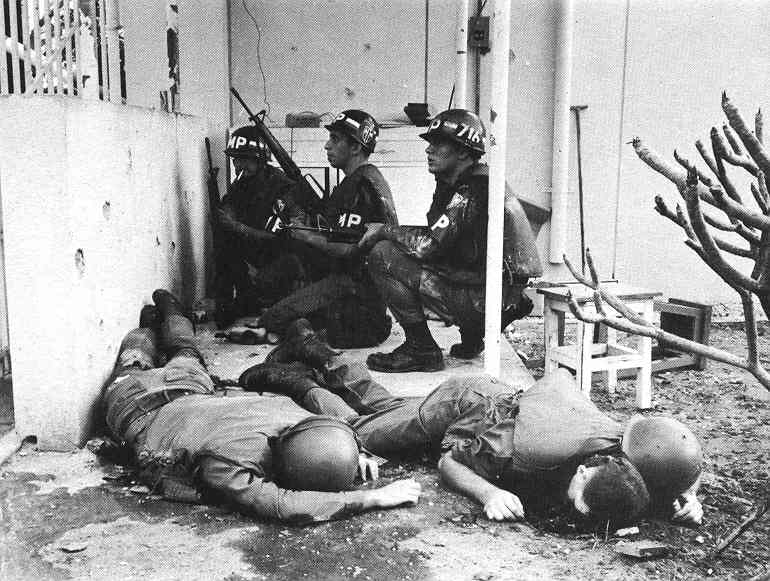
MP's returning fire from
inside besieged US Embassy in Saigon; two dead US soldiers killed
during the surprise Viet Cong Tet attack – end of January 1968
The U.S. Embassy after the
Viet Cong Tet offensive – January 1968
US military casualties at Hue during the VC Tet offensive – January-February 1968
Street justice in Saigon during the
Tet Offensive
Viet Cong suspect Bay Lop seized
by South Vietnamese troops during the Tet offensive II –
January 31,
1968
The suspect is brought to
the commanding officer, Brigadier General Nguyen Ngoc Loan
General Loan enacts "justice"
on the spot (this picture would appear
widely in the US news – horrifying Americans and stirring anti-war
fever)
After talking to the media, General Loan casually walks off to take care of other business
A North Vietnamese soldier in battle at Hue during the Tet Offensive – 1968
Dead Viet Cong killed outside the perimeter of the Tan Son Nhut Air Base during the Tet Offensive (Feb. 1, 1968)
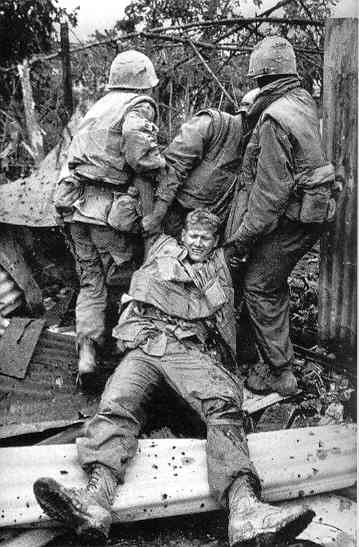
U.S. soldiers near Hue dragging
a wounded comrade to safety
Wearied troopers of the US
1st Cavalry Division taking a break in action near Hue – mid-March 1968
"Hey, hey, LBJ ... How many
kids did you kill today?"
An anti-war protest in San
Francisco – 1968</font>
PRESIDENT JOHNSON ANNOUNCES THAT HE WILL NOT RUN AGAIN FOR OFFICE – MARCH |
|
Johnson decides to disappear (March)
Sickened by the failure of his Great Society to bring America to new social heights, but to have produced instead only deep racial conflict (and a lot of burned-out urban neighborhoods); worn out by the heavy criticism of the enormous military effort in Vietnam (with anti-war protesters gathered outside the White House to conduct non-stop campaigning, chanting "hey, hey, LBJ, how many kids did you kill today?"); feeling betrayed by his own generals who had been assuring Johnson that with over 500,000 American troops in Vietnam all was going as planned there; and now facing stiff criticism from even members of his own political party – Johnson, in concluding a March telecast to the nation, abruptly (and without any prior warning to the press) announced that he would not be running again for President in the elections coming up that November. He was bailing out, presumably leaving his extensive Great Society program and his all-absorbing anti-Communist stand in Vietnam for someone else to carry on (or not).
|
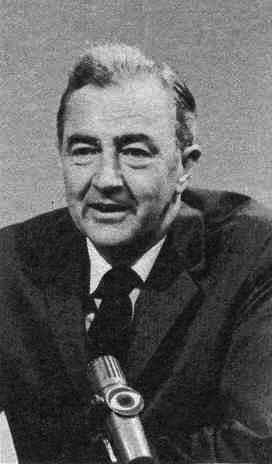
Sen. Eugene McCarthy – strong
anti-war voice as the Vietnam War cranked up – whose strong
showing in
the early 1968 Democratic Presidential primaries helped decide LBJ not
to run again
Johnson announces at the
end of a 45-minute TV broadcast that he will not seek reelection –
March
31, 1968
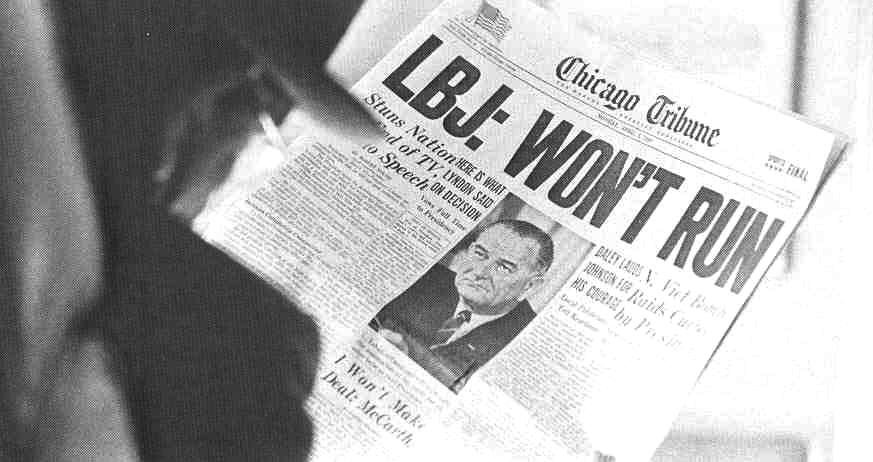
THE REV. DR. MARTIN LUTHER KING, JR. IS ASSASSINATED –
APRIL 4th |
|
Then in April the nation was shocked by the
news that Martin Luther King had been assassinated while attending a
protest in Memphis Tennessee of garbage workers striking for better pay
and working conditions.1 Somehow the nation felt totally helpless despite these awkward displays of authority. What was happening to America? Was this how Dr. King would have wanted to be respected in death as in life? Who or what was behind all of this? Whites were blamed, of course. But that hardly answered the questions of a largely Liberal or Humanist America as to why now, why like this? What was happening to America? 1Seeing his Black civil rights campaign radicalized by young Black Power activists, King had recently switched his emphasis from race to poverty, becoming more inclusive (supporting Whites as well as Blacks) in his effort to improve the lot of poorer Americans. In fact, he was planning a major "Poor-People's March on Washington" for that coming June – very indicative of his new direction in the campaign for American civil rights. 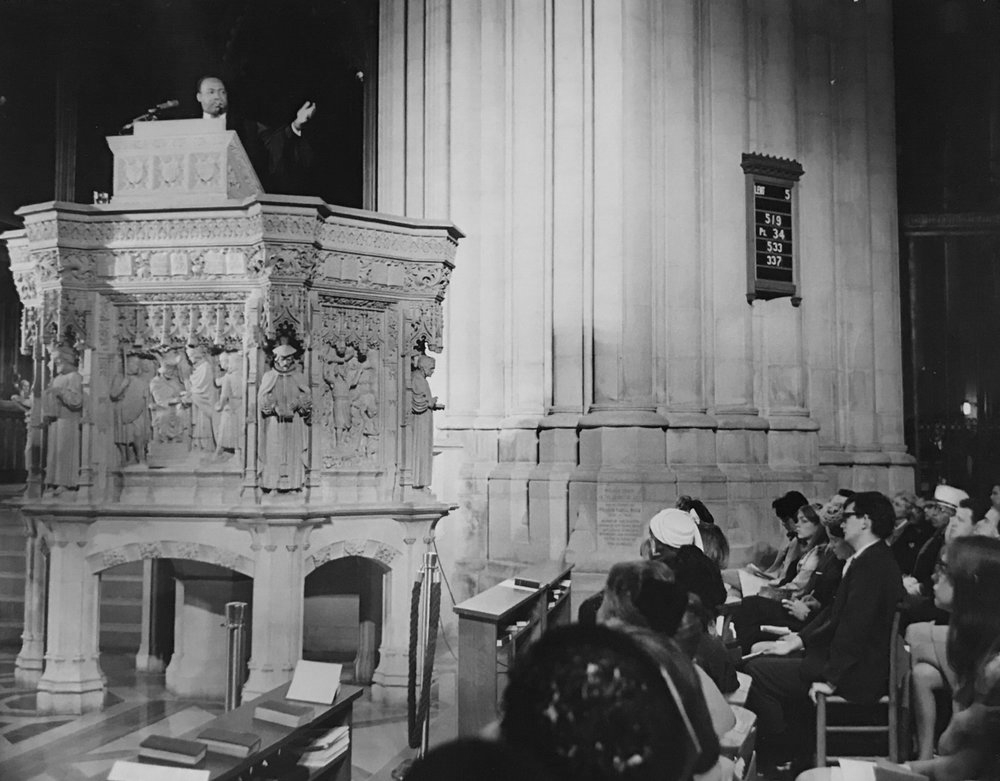 Dr. King's last sermon – Washington National Cathedral – Sunday, March 31, 1968 (and by some act of God, I was there to hear it!) 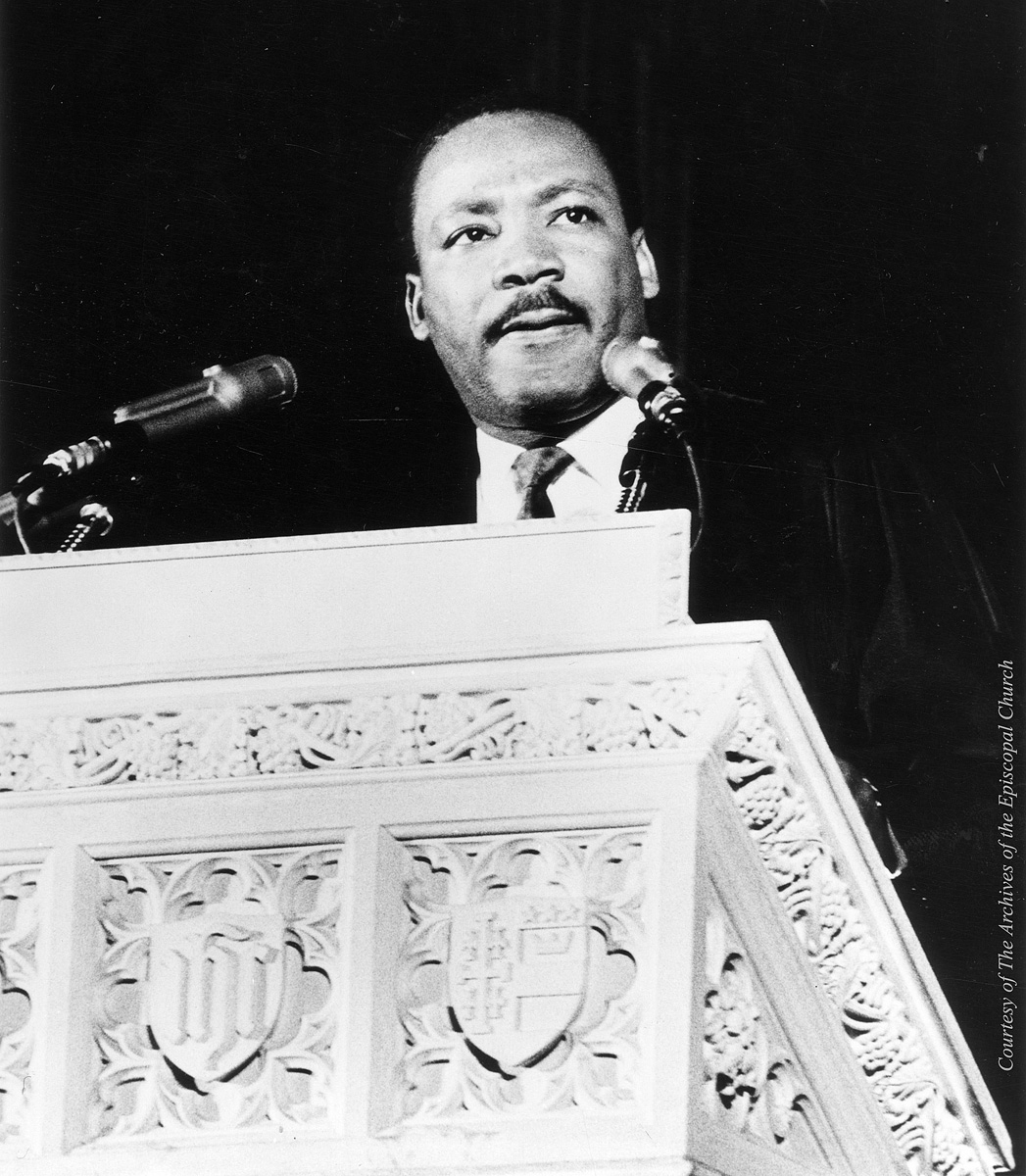 Most eerily (in retrospect), he spoke very prophetically about his focus on merely Black civil rights being over (he was not going to be part of the Black Power takeover of the movement). Little did he know how "over" that would be. 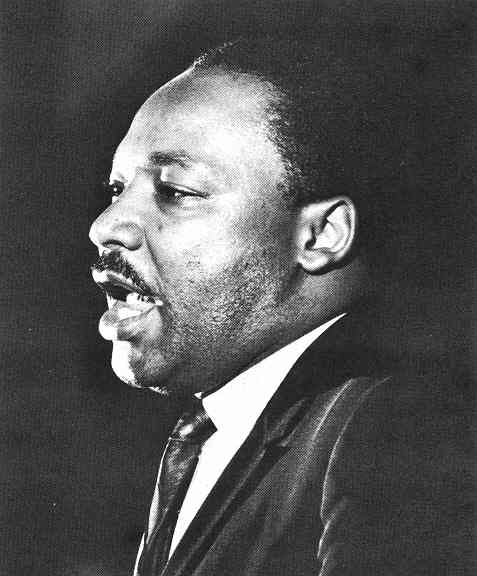
Dr. Martin Luther King, Jr.
during his last public appearance the night before his death – April
1968 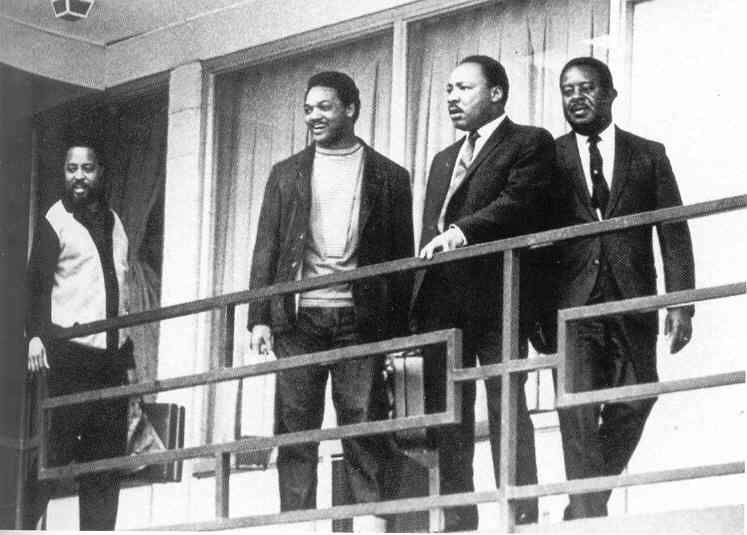
Dr. Martin Luther King on
the balcony where he would be shot on the following day Rev. Dr. King's aides point to where the sniper shot that killed King came from – Memphis, April 4, 1968 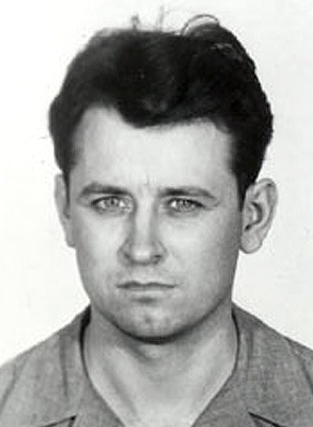
His assassin, James Earl Ray – a hard-core racist ... and prison escapee (1967) earlier convicted of fraud, theft and robbery Washington burning in the
wake of the assassination of Dr. Martin Luther King, Jr. – April 1968 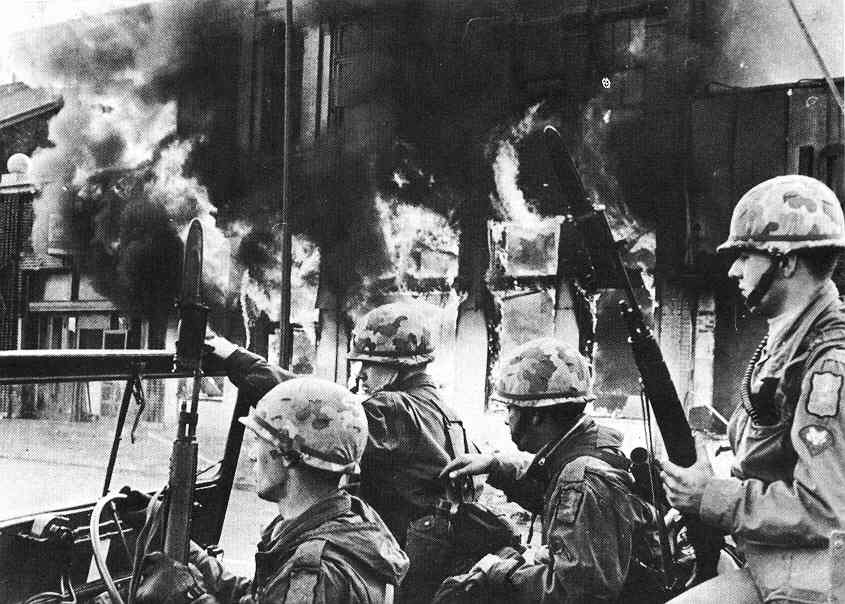
National Guardsmen patrolling a burning section of Washington, D.C. – April 1968
Chicago burning in the wake
of Martin Luther King's assassination – April 1968 Mules bearing King's coffin
through the streets of Atlanta – April 1968 In tribute to King, a “Poor People’s March” on Washington he had planned for that summer went ahead in June as scheduled … though it sadly turned into a muddy mess when it rained every day. Spirits were way down, especially when the effort seemed to produce no new advances in social or cultural programming "Resurrection City":
A muddy encampment on the Washington Mall during the Poor People's March – May 1968
With the assassination of Dr. Martin Luther King, the youth began to challenge the opinion of their elders that America's racial problems were essentially a Southern phenomenon … it was now traditional American culture itself that was to blame. … and the older American generation was as fascist as Southern racists
A protest against Columbia
University's decision to build a gymnasium in a Black neighborhood
in Morningside Heights 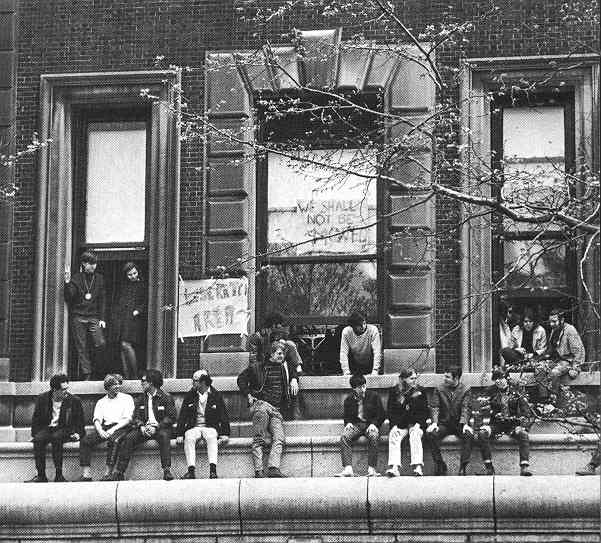
Columbia University students
occupying the Math building in protest against the University's plans to build a new gymnasium on land owned by the university, but while idle, used by the surrounding Black neighborhood for gardens – April 27, 1968 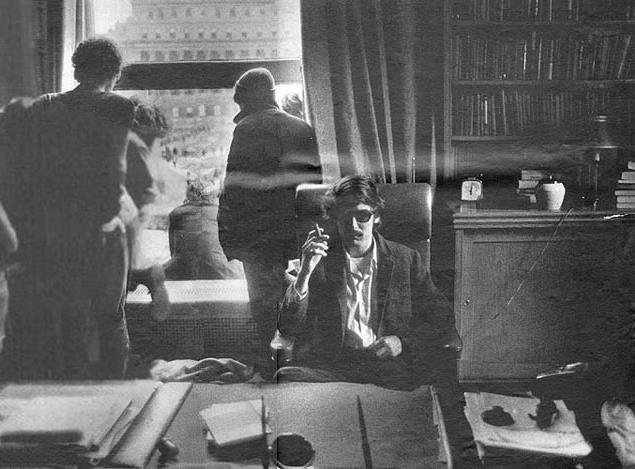
Students have taken over
the office of Columbia President Grayson Kirk – April 1968 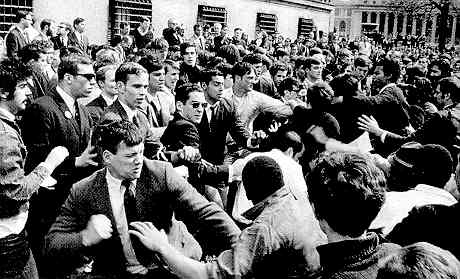
Hundreds of student
counter-demonstrators
taking on the SDS ("Students for a Democratic Society") radicals With Columbia University
students having taken over the university, a professor conducts outdoors
class 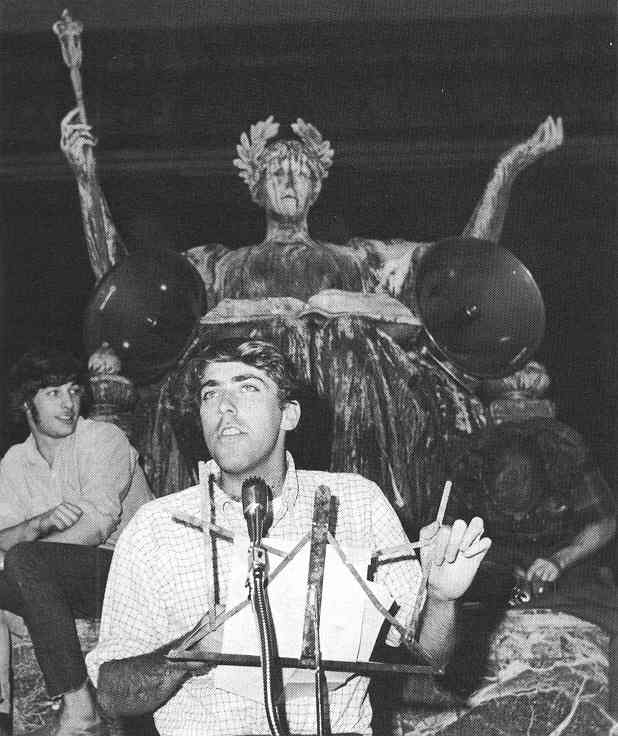
Columbia University strike
leader Mark Rudd in May
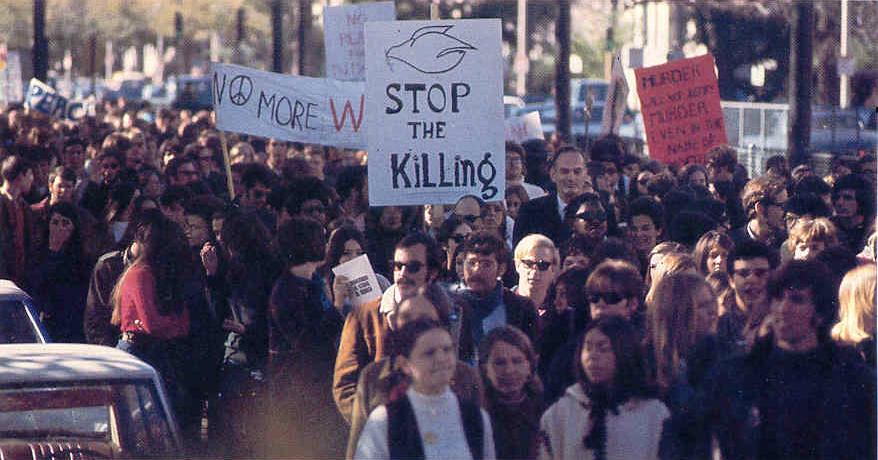
Fr. Philip Berrigan (center),
his brother Fr. Daniel Berrigan (right) and others of
the "Catonsville
Nine" watch draft files from the
Catonsville, Maryland,
Selective Service Office being burned – May 17,
1968
Johnson signing the 1968
civil right act ending discriminatory housing in America – April 1968 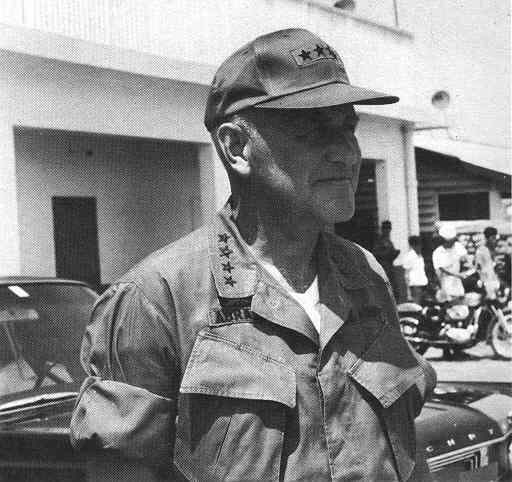
Gen. Creighton Abrams, who
replaced Gen. Westmoreland as commander
of the US forces in Vietnam – April
1968
|
